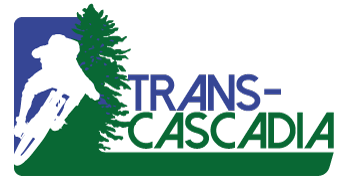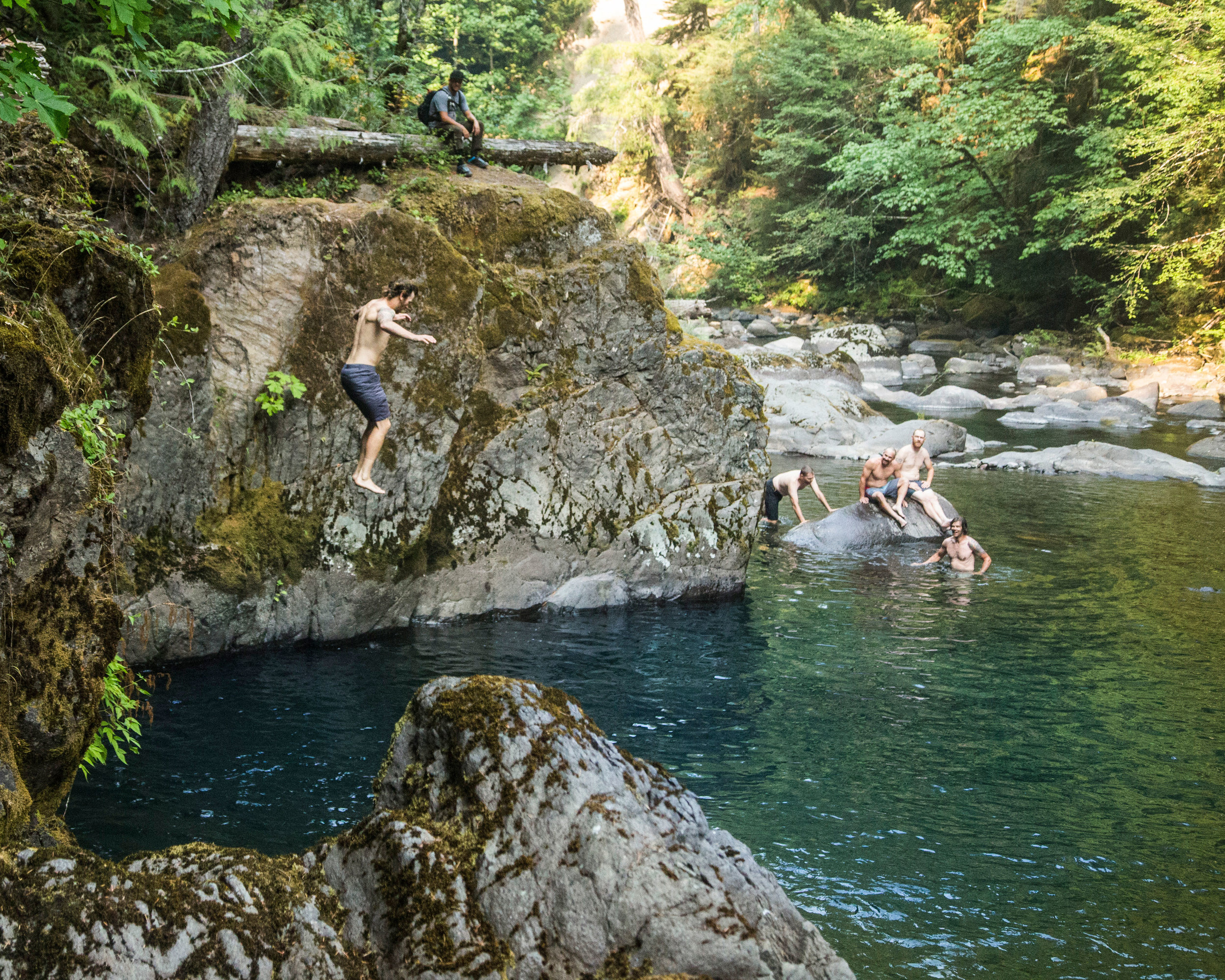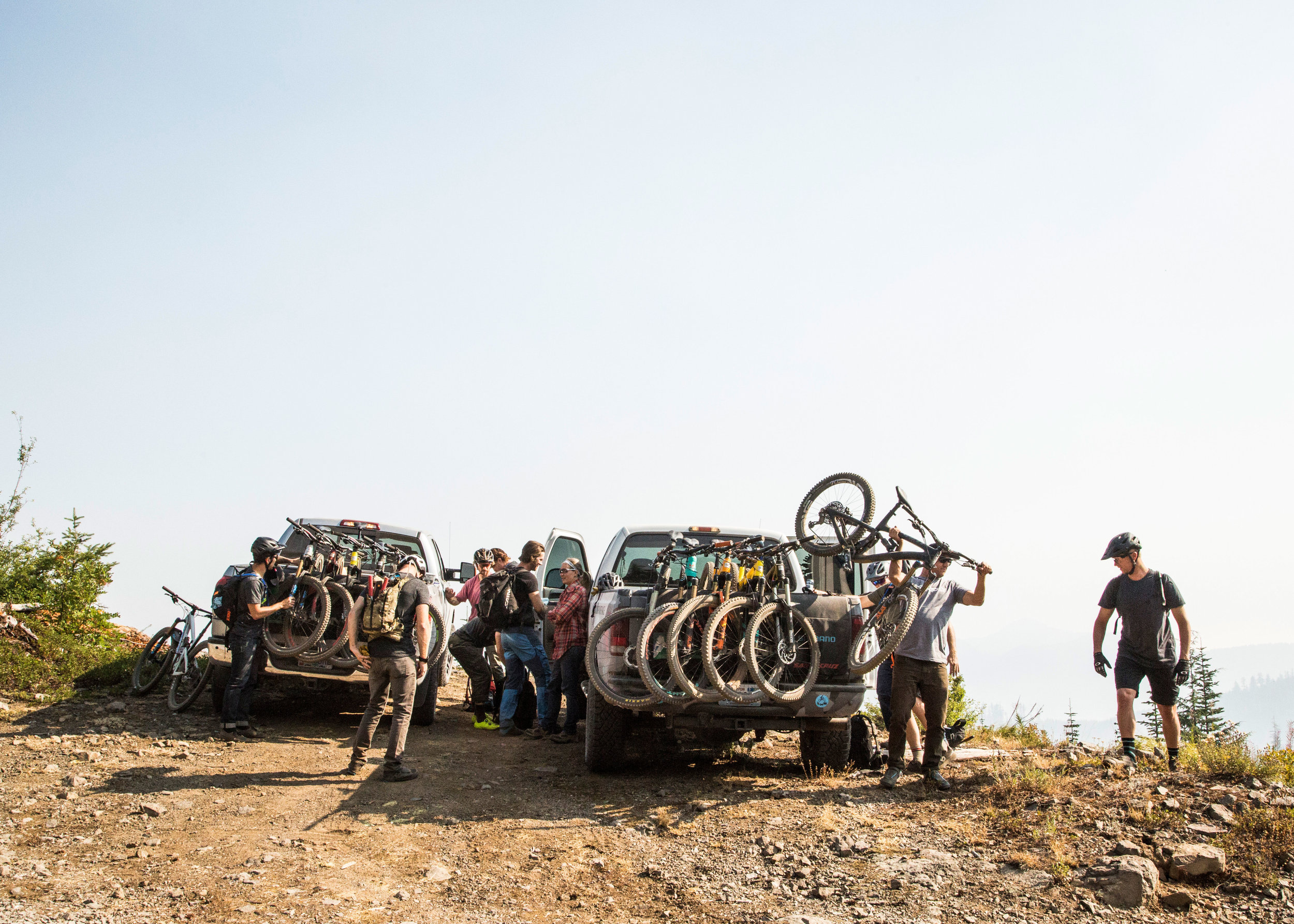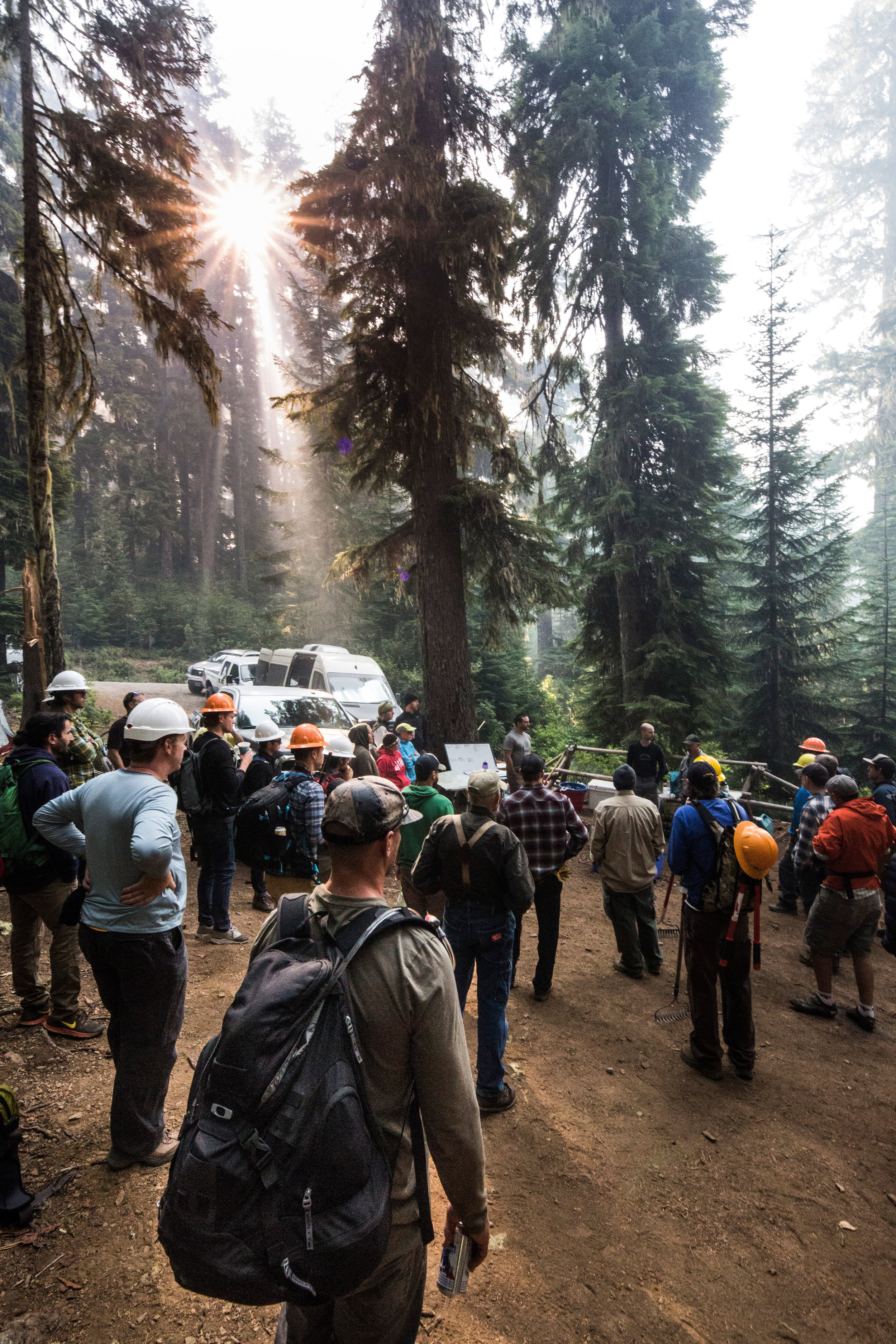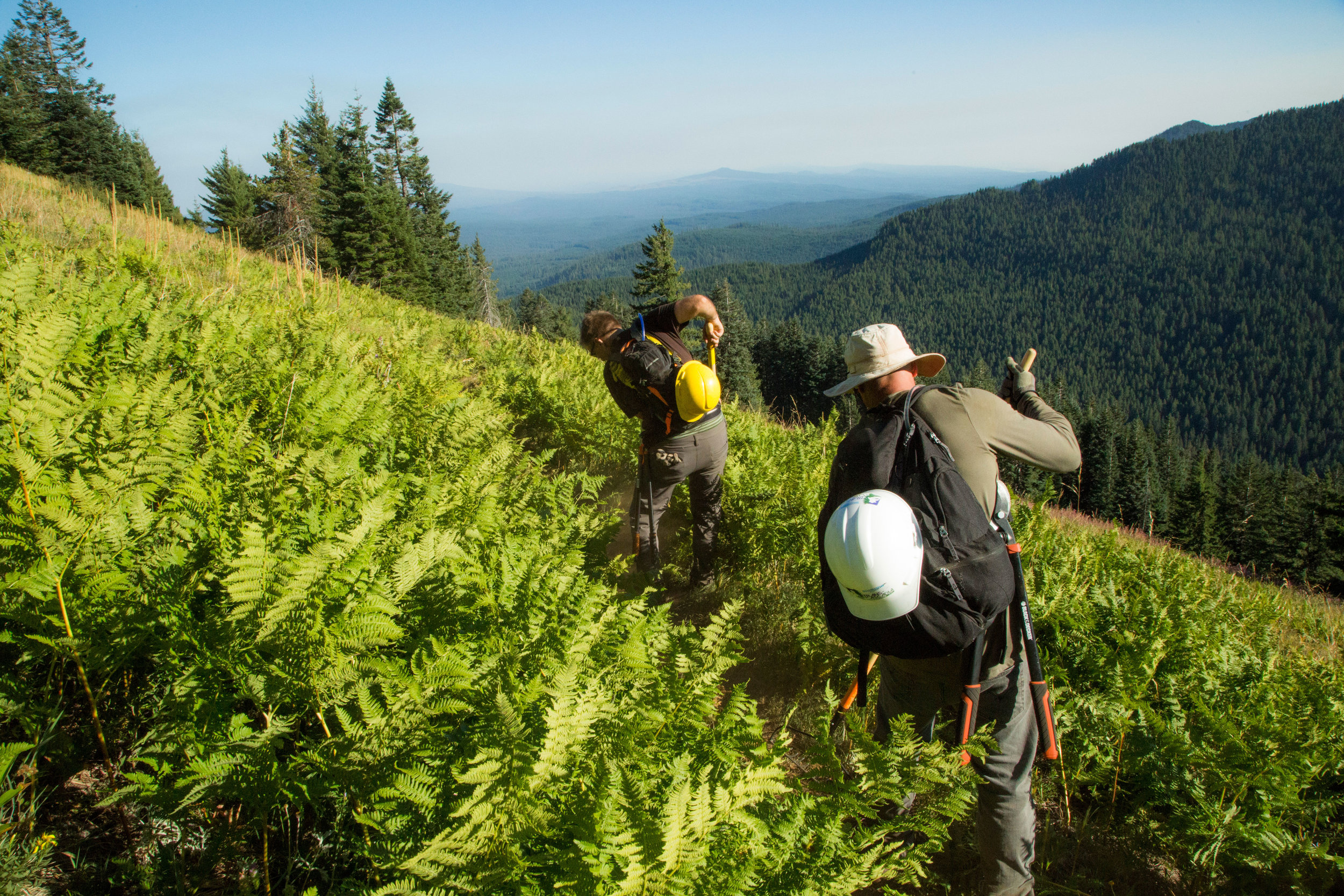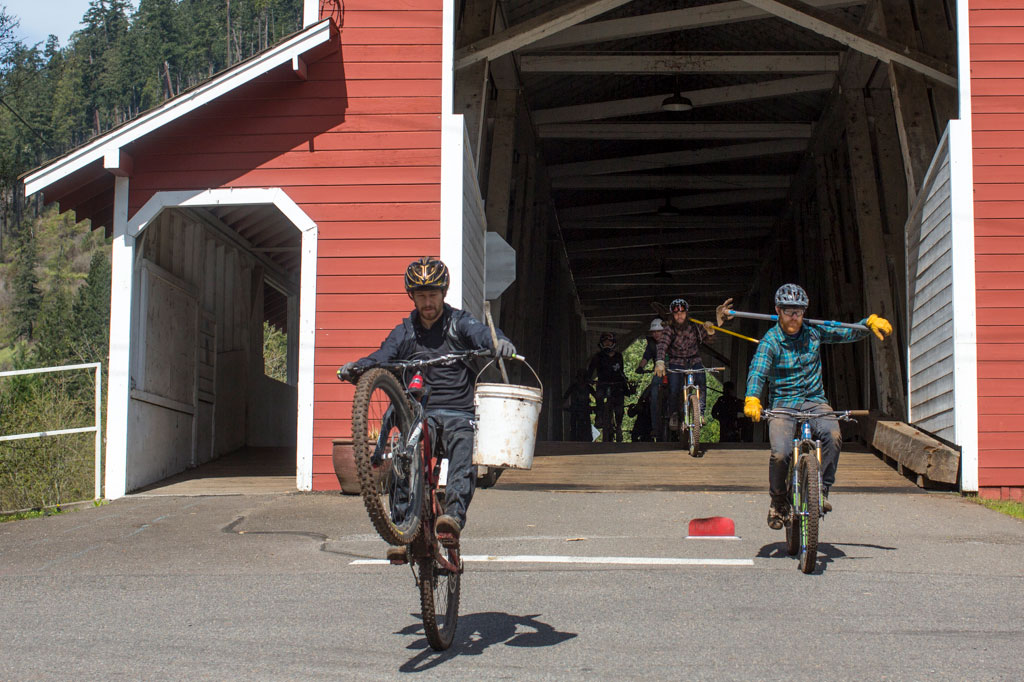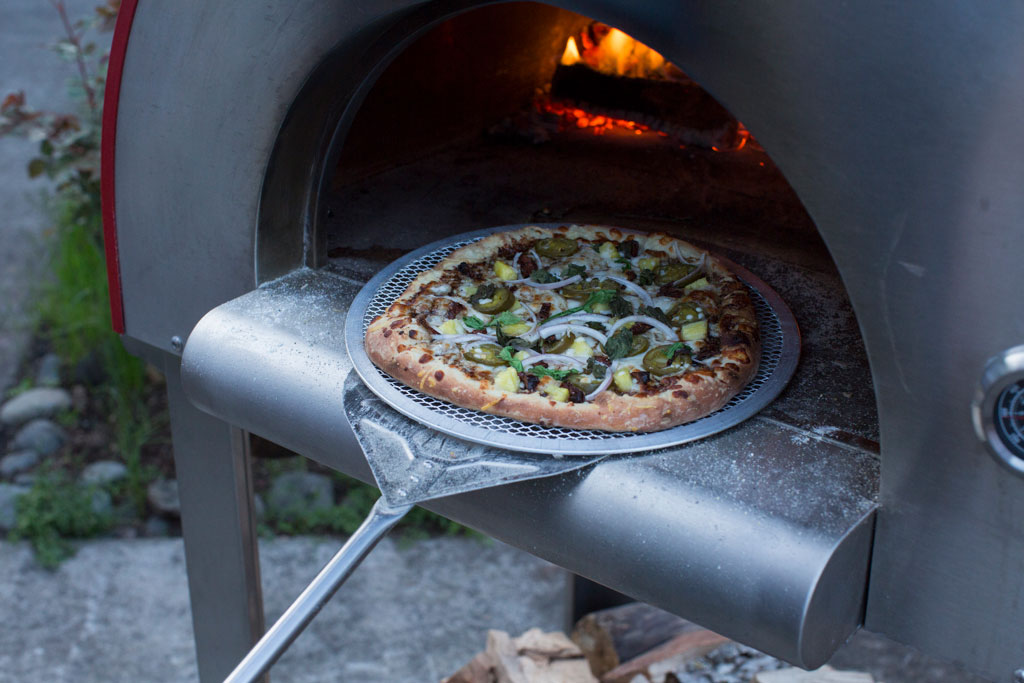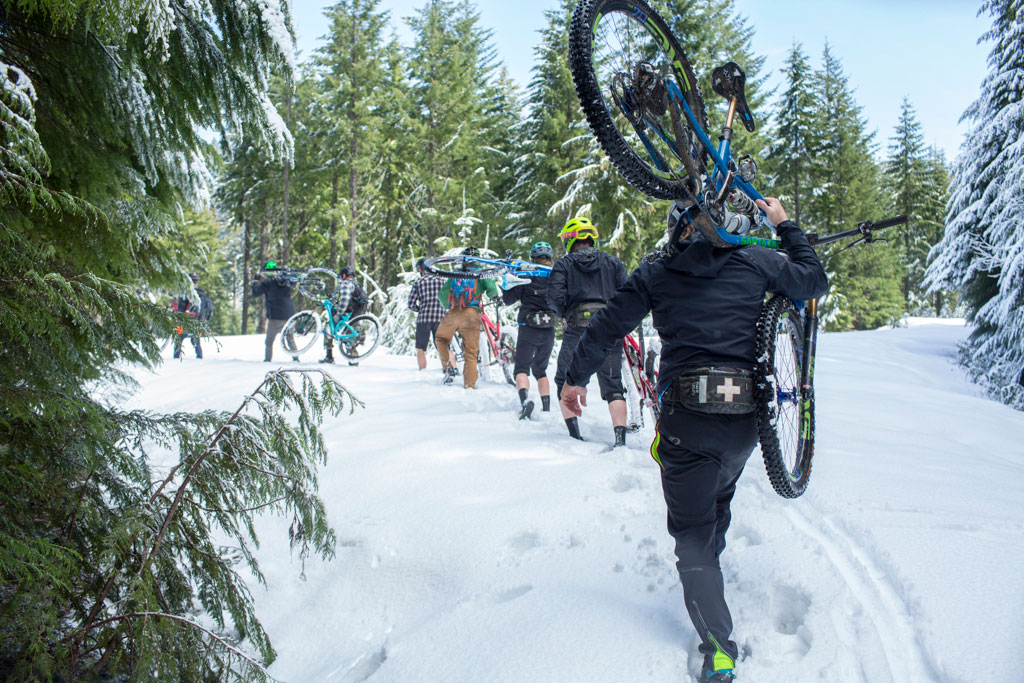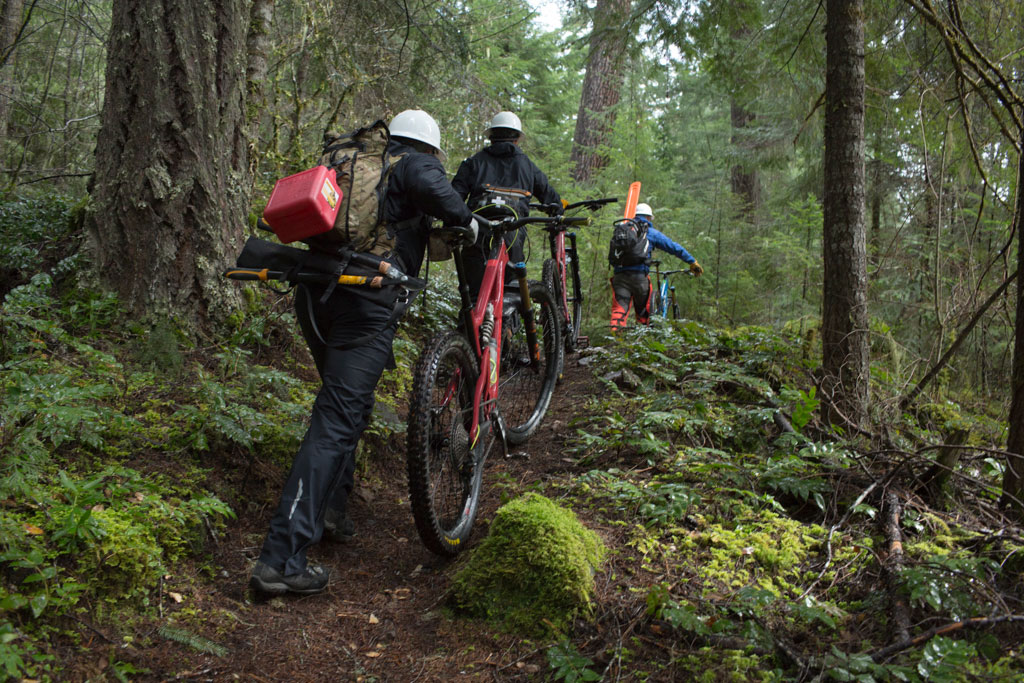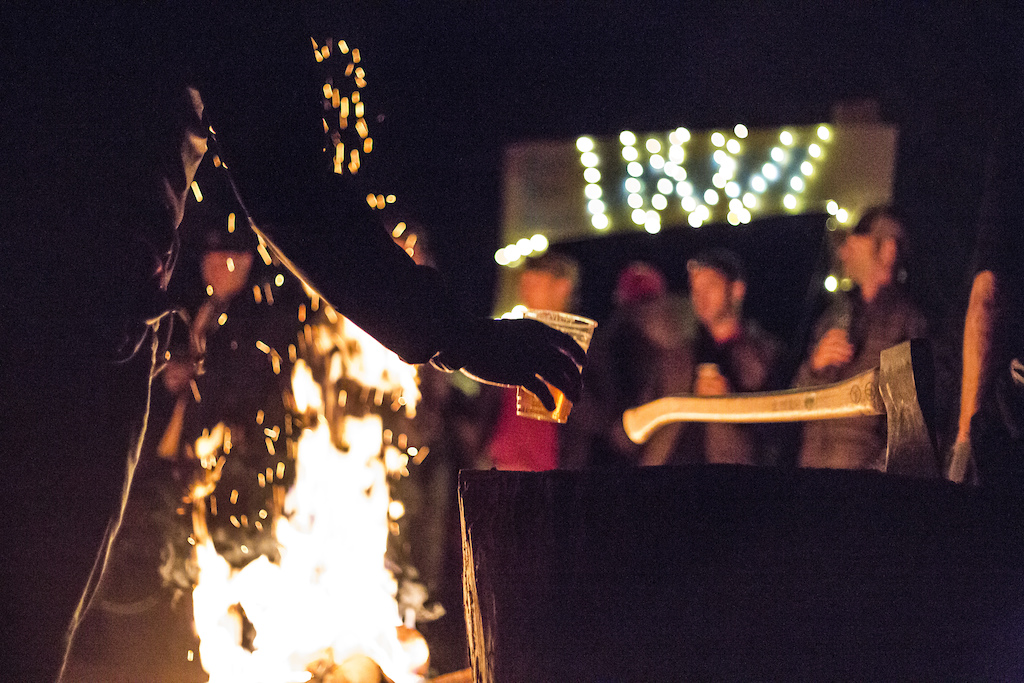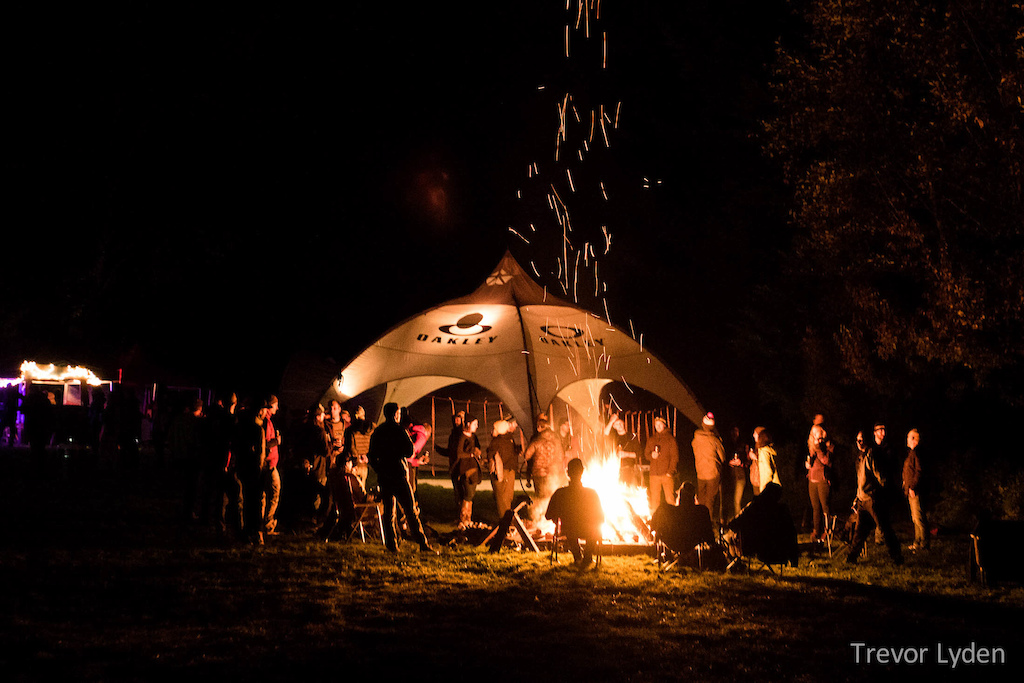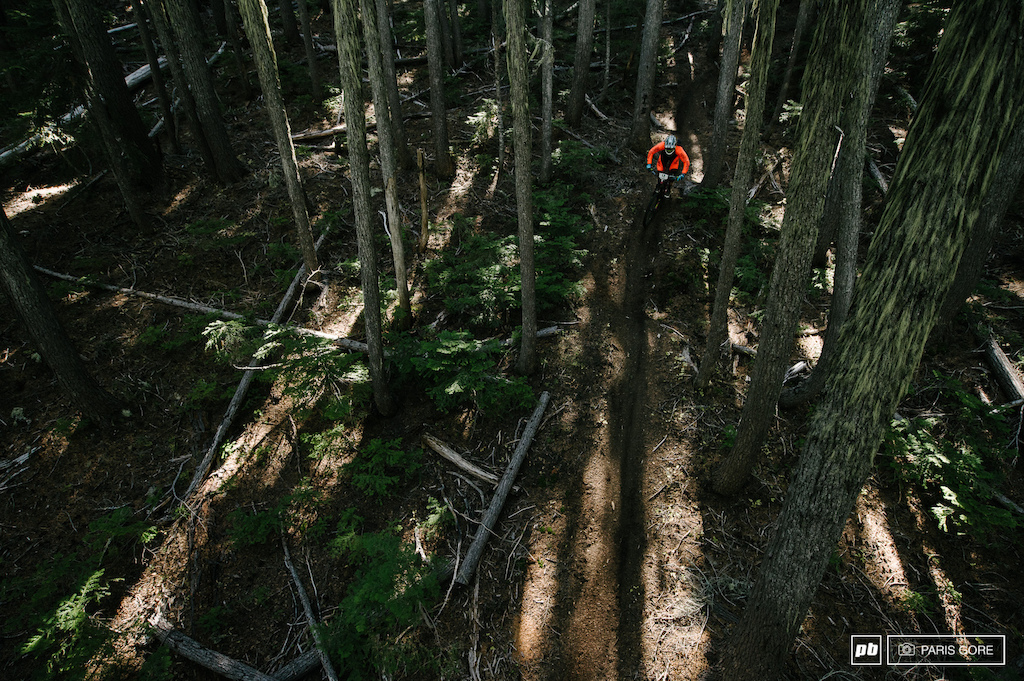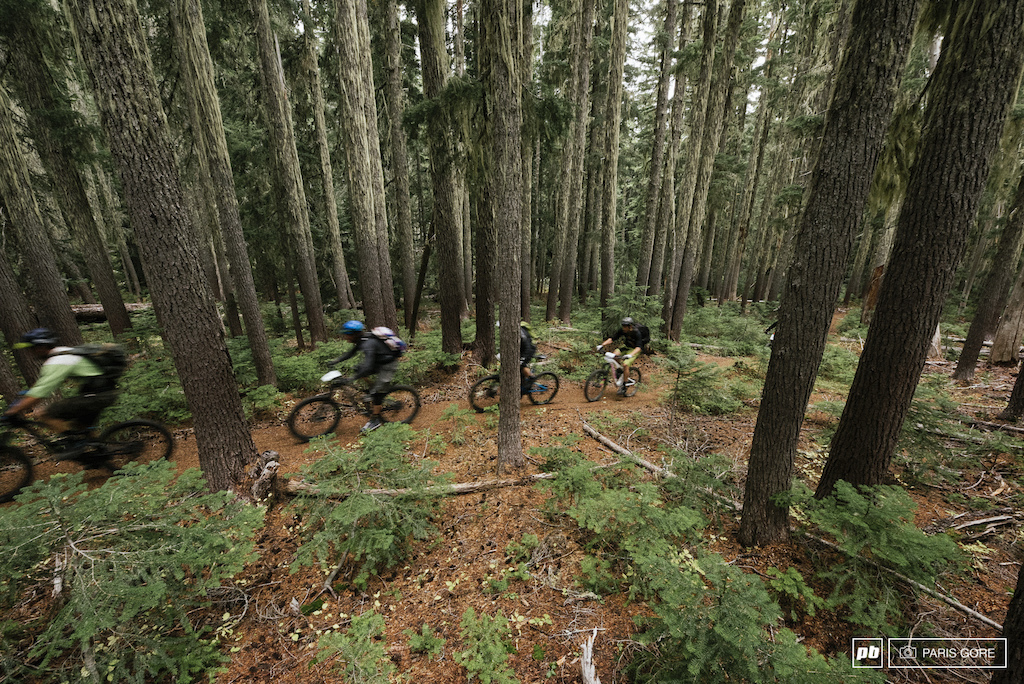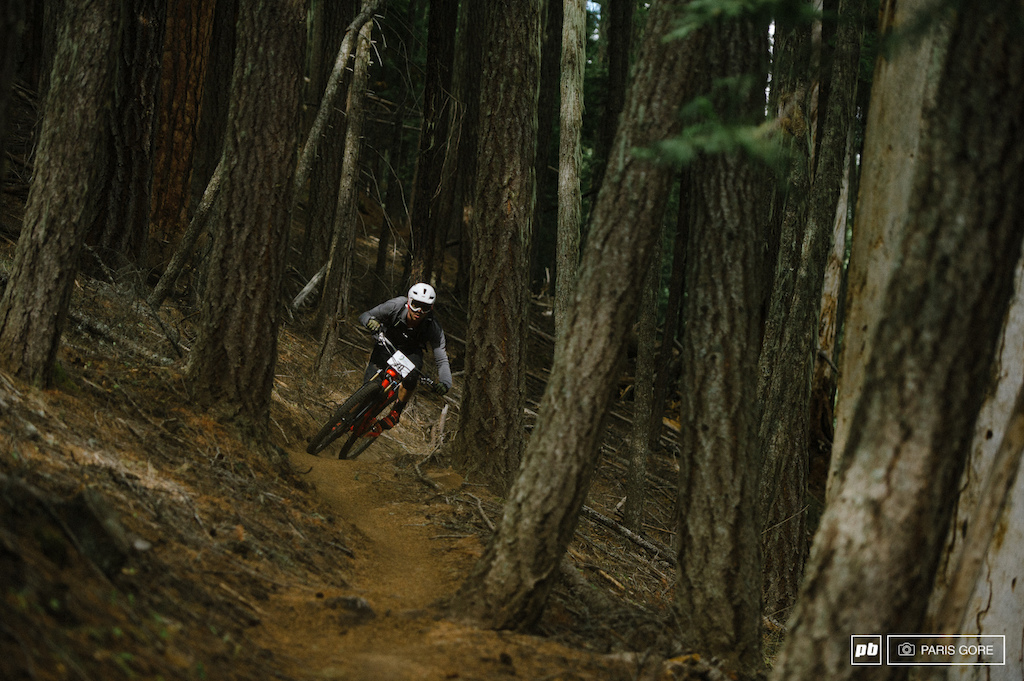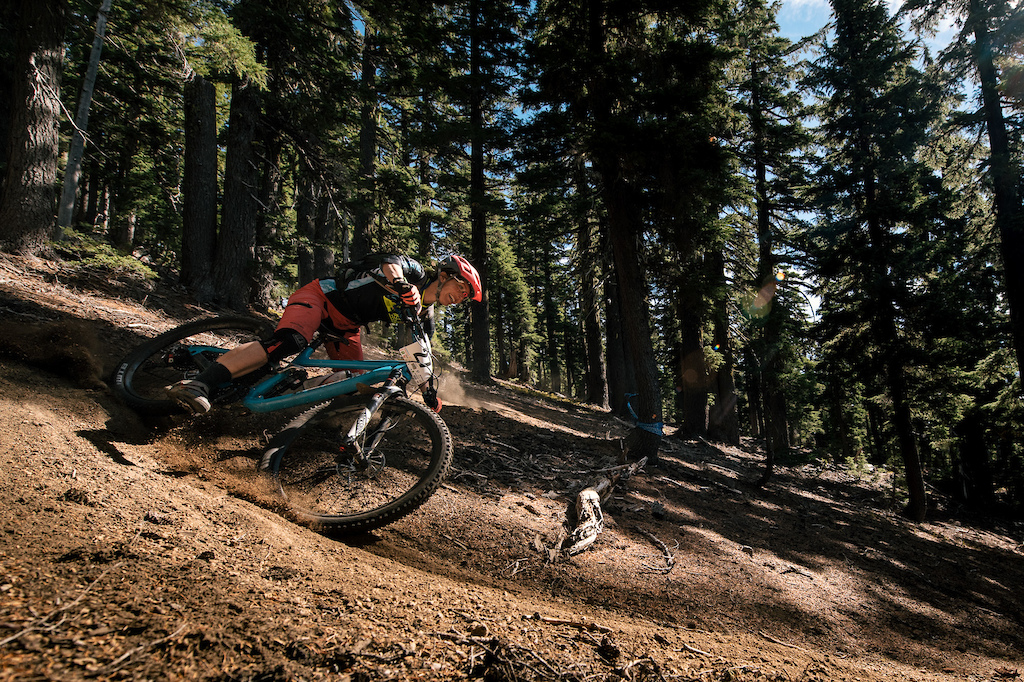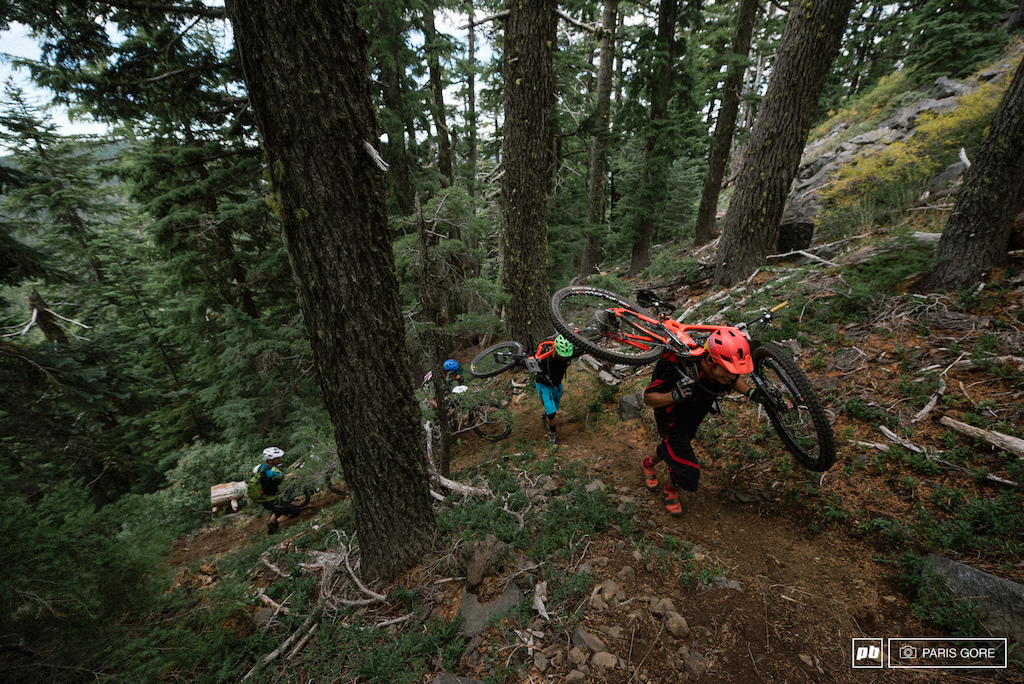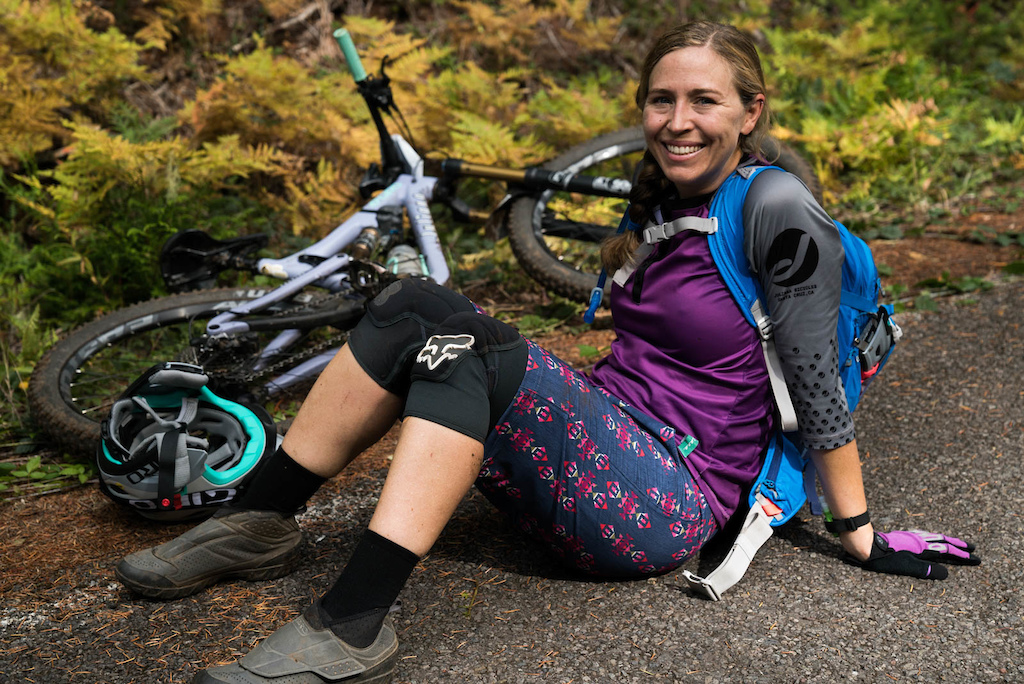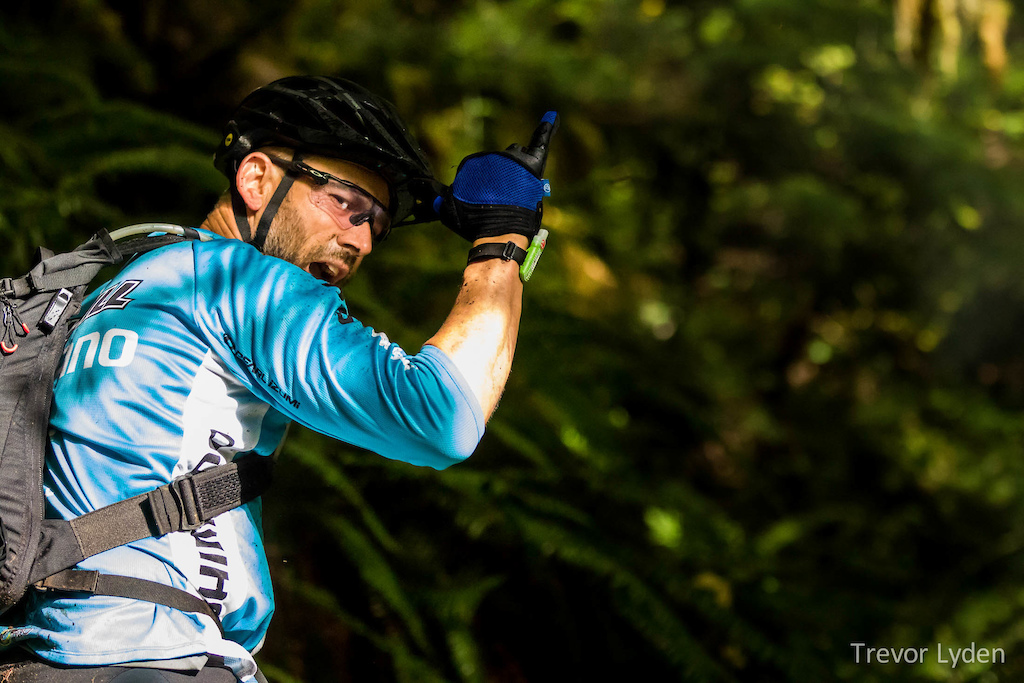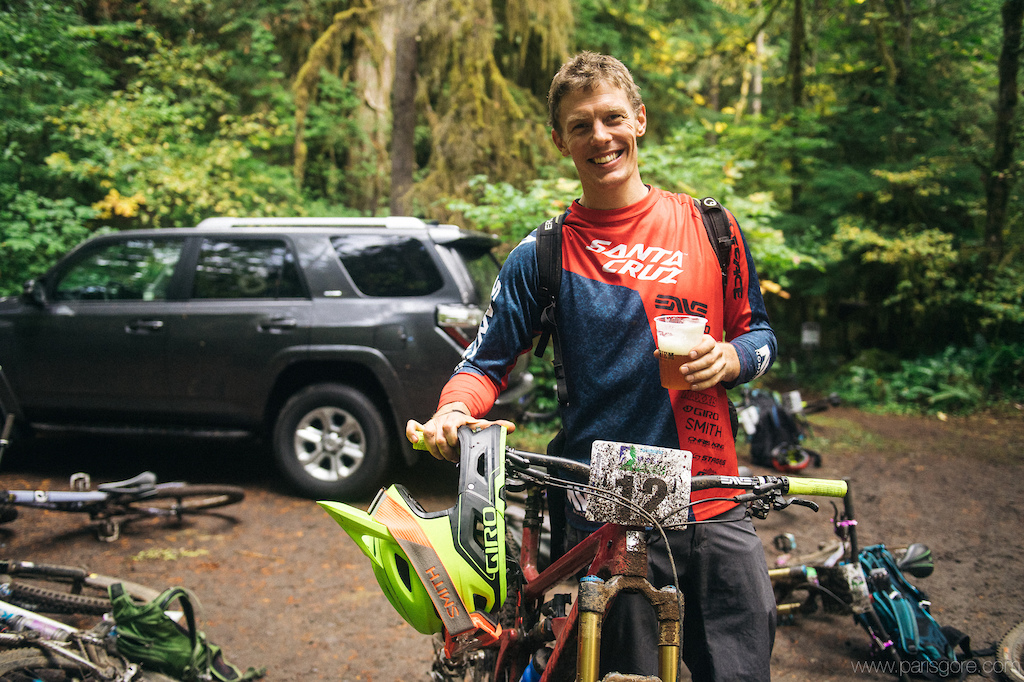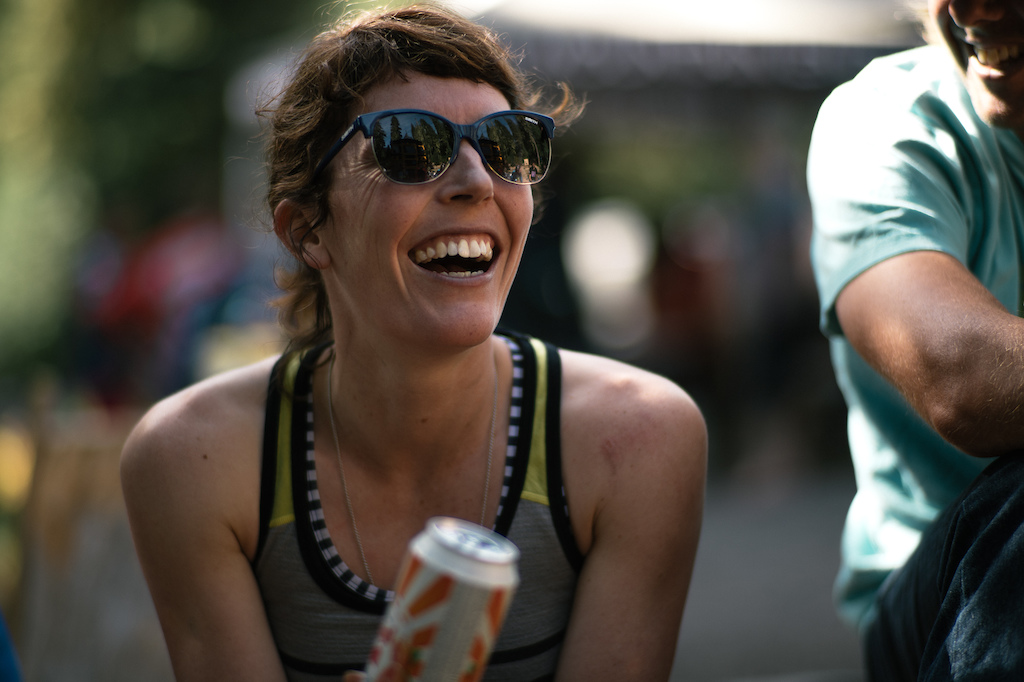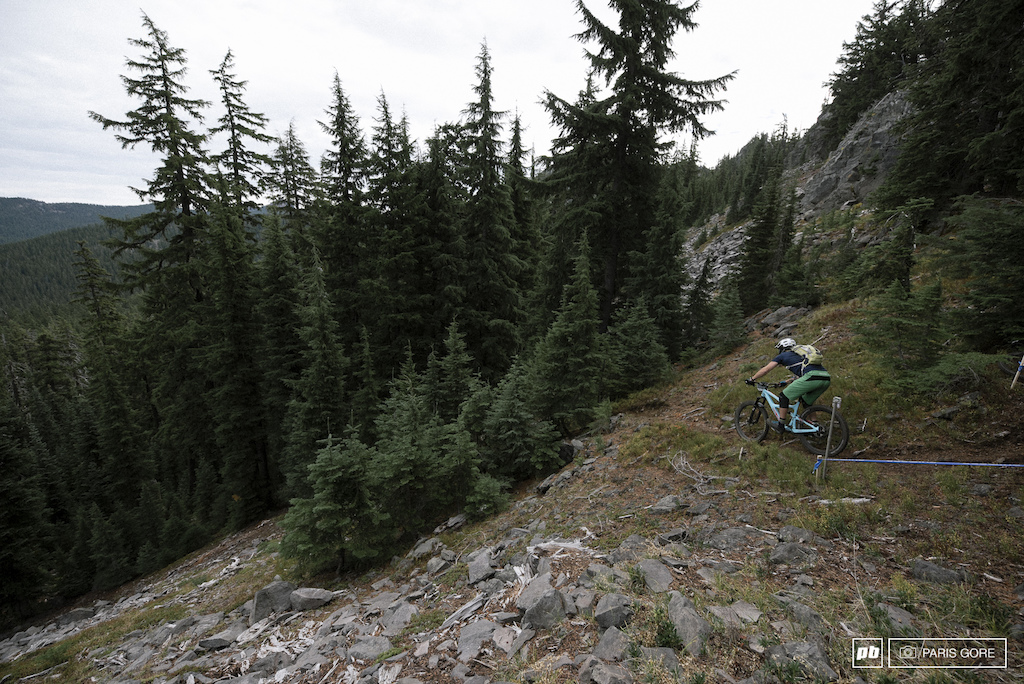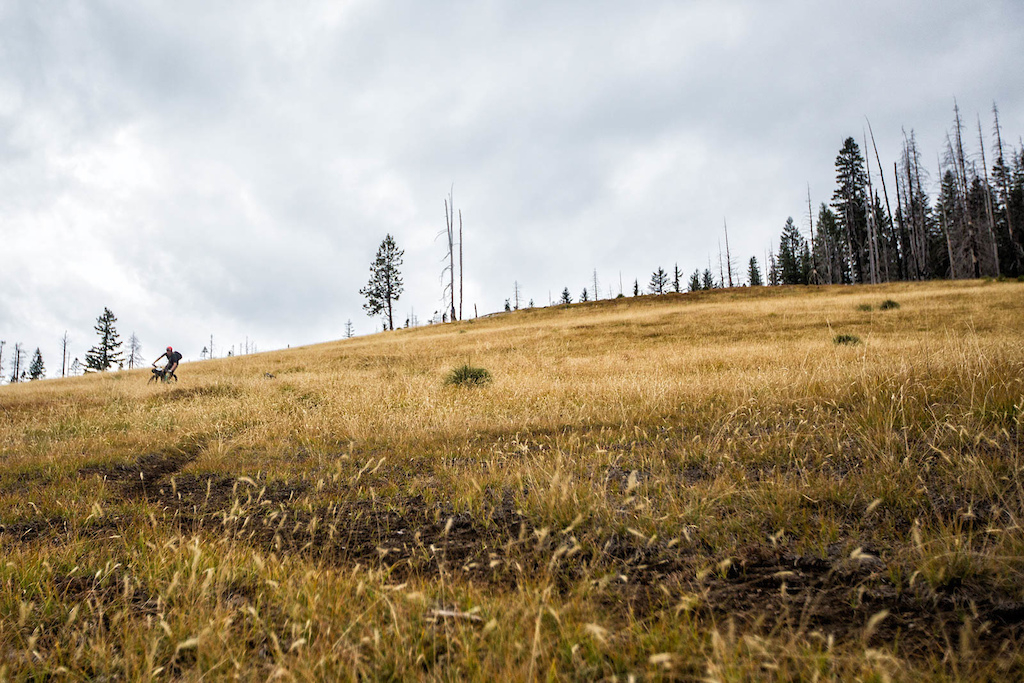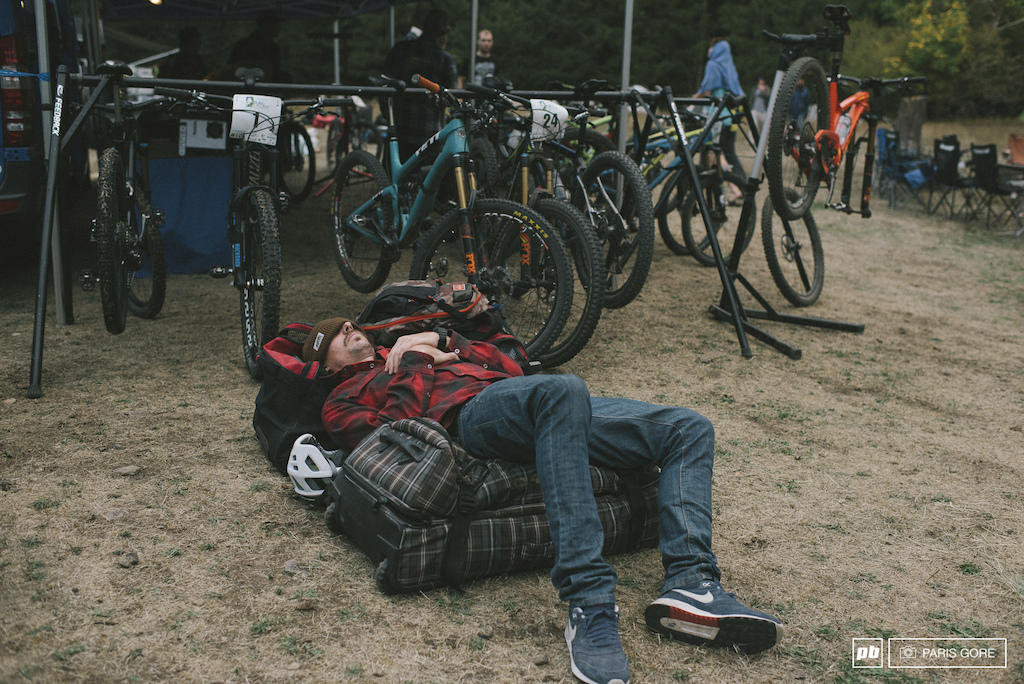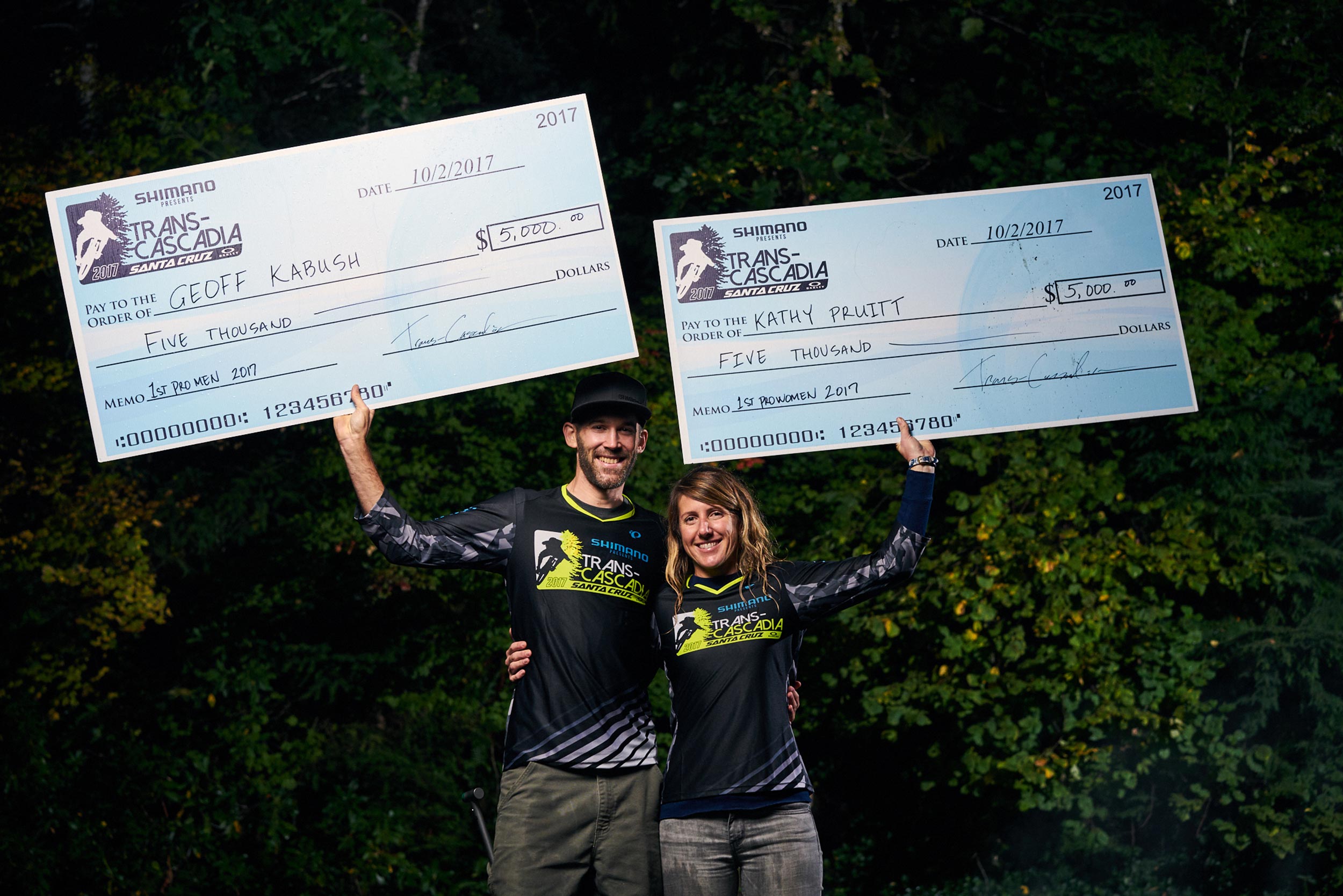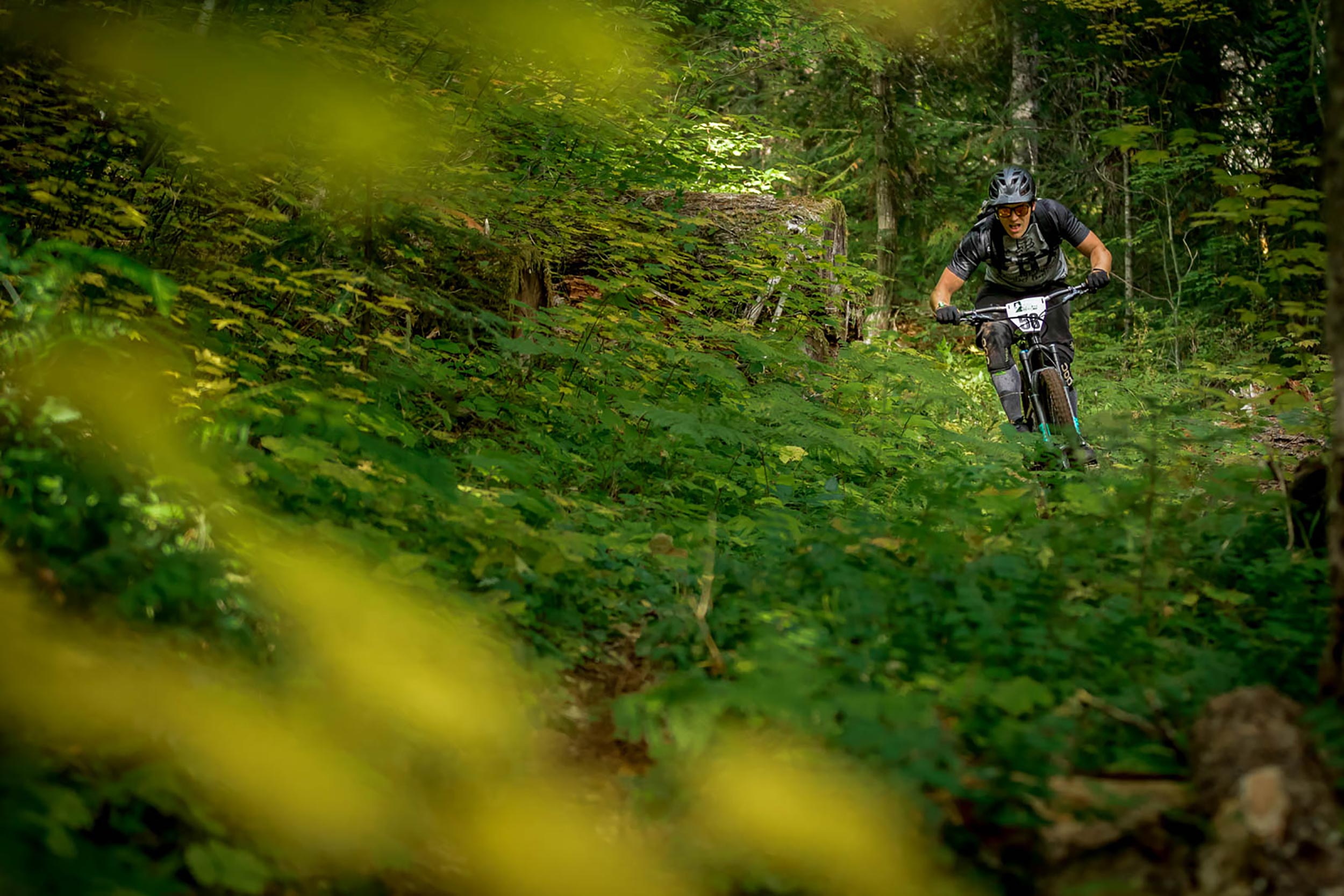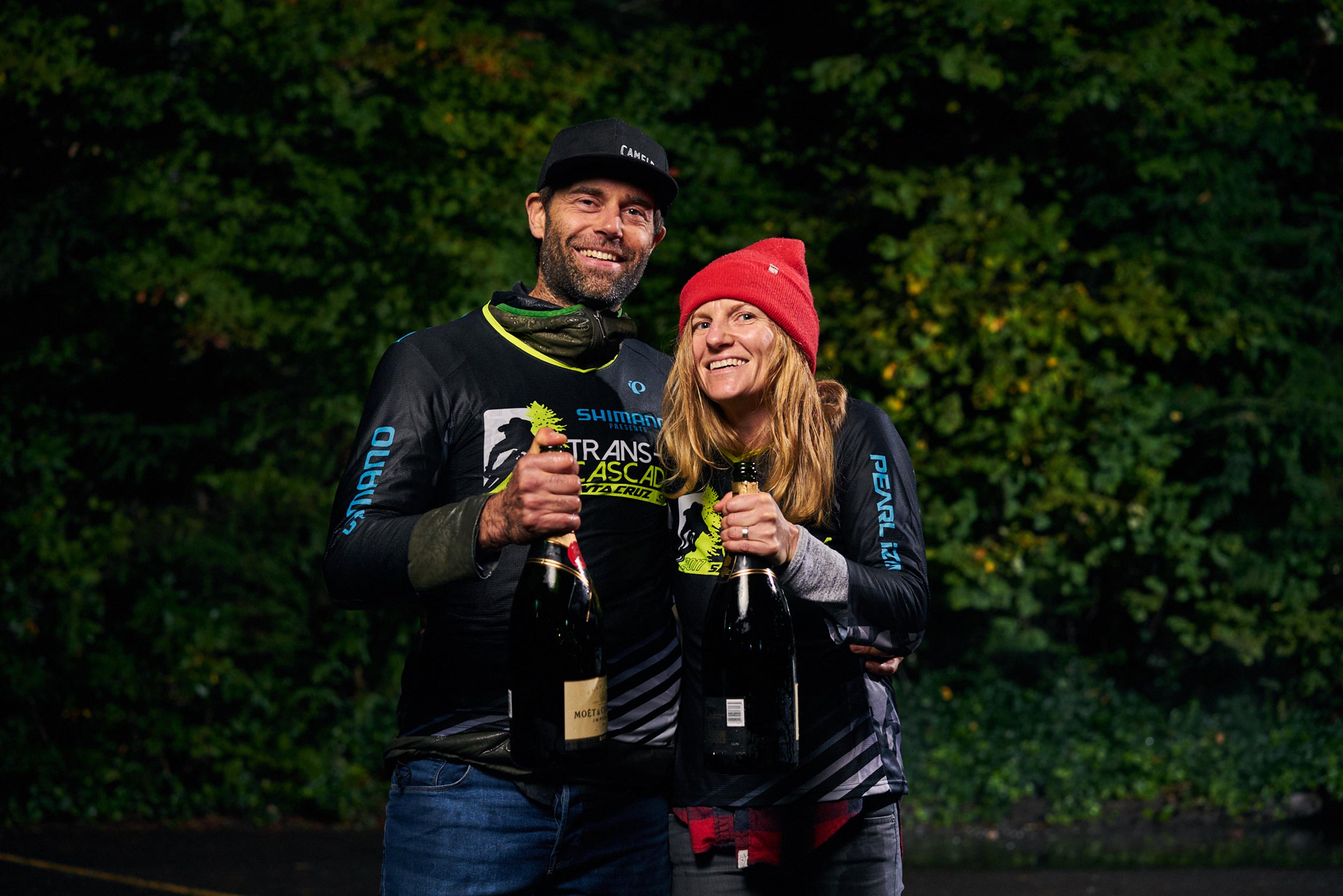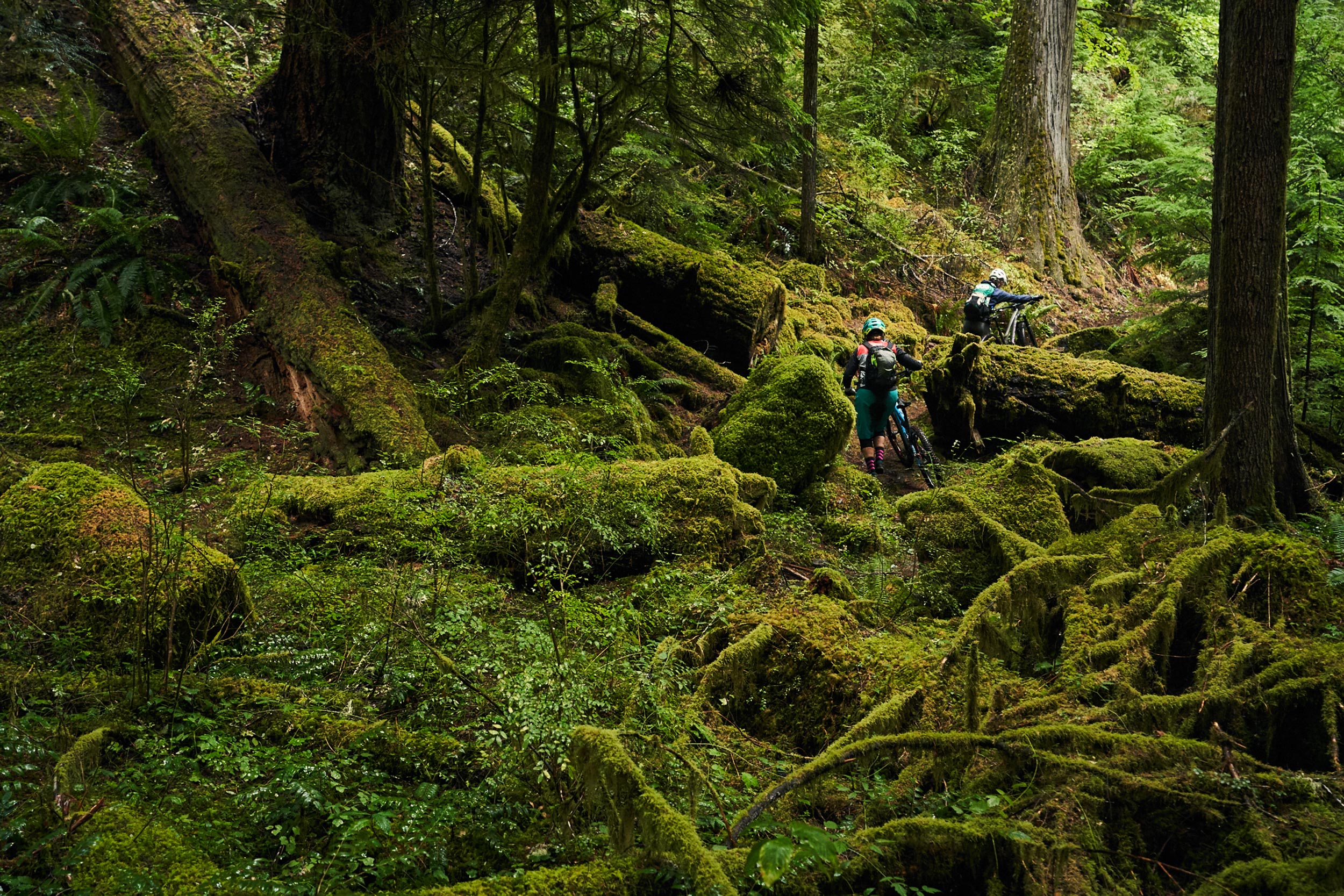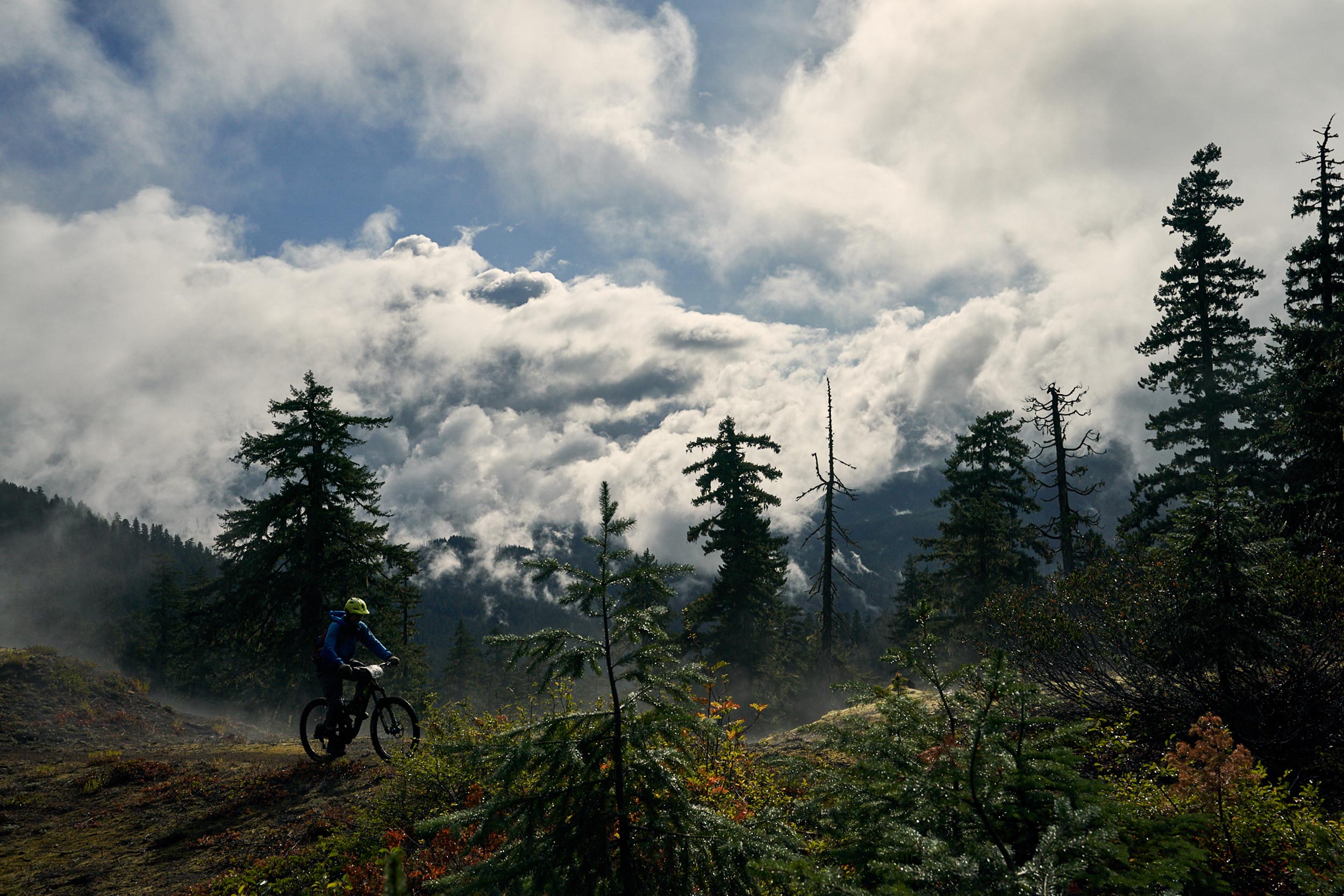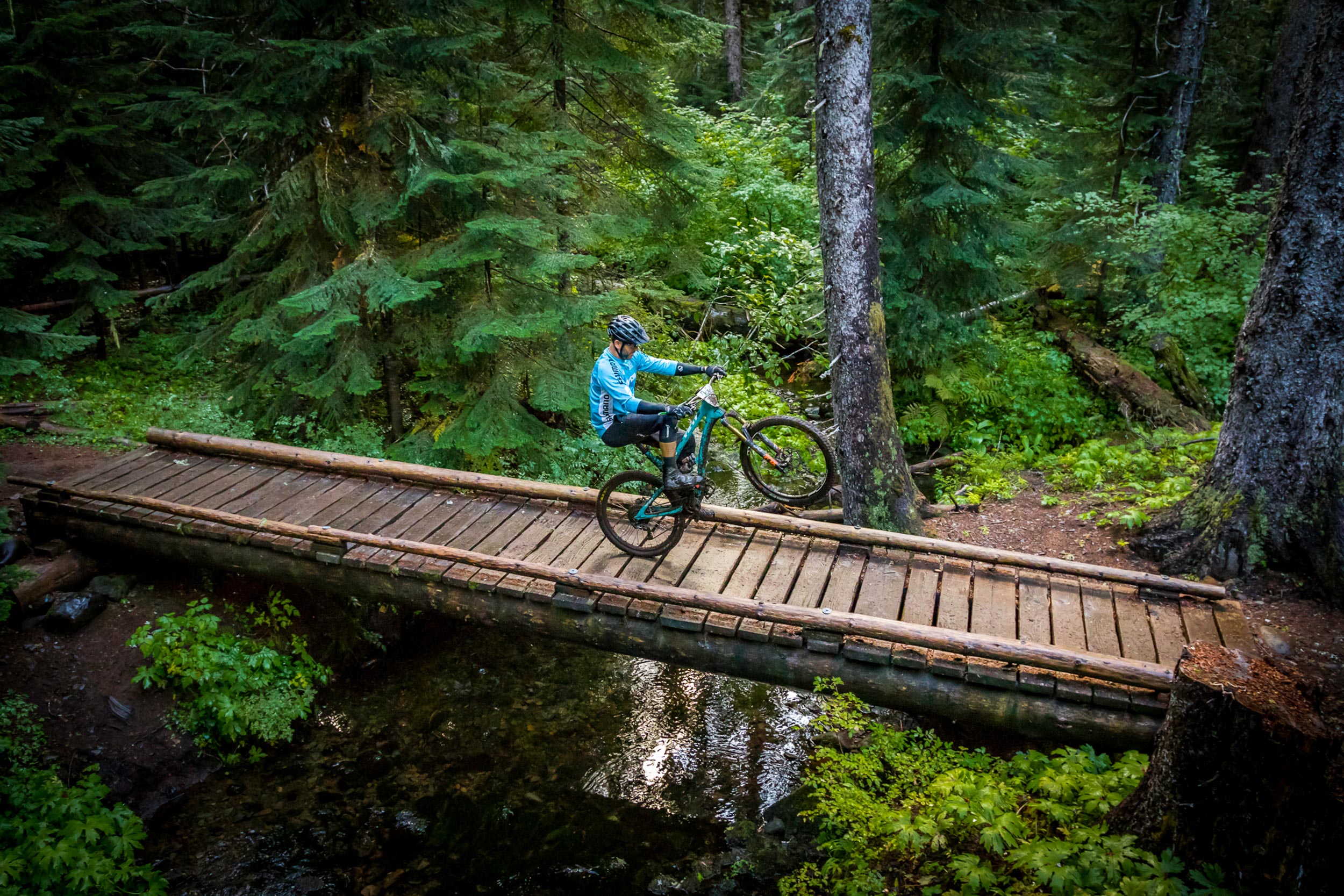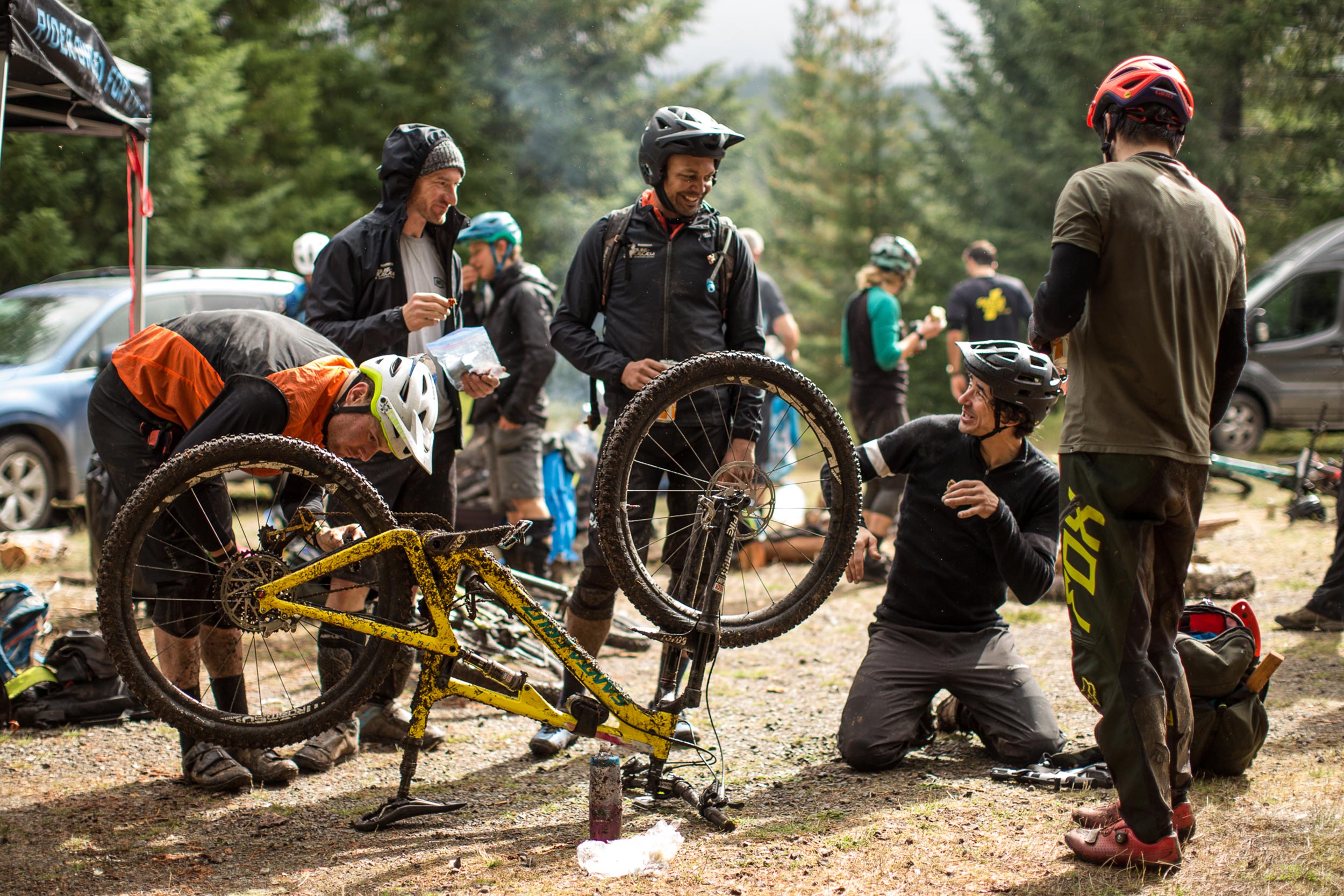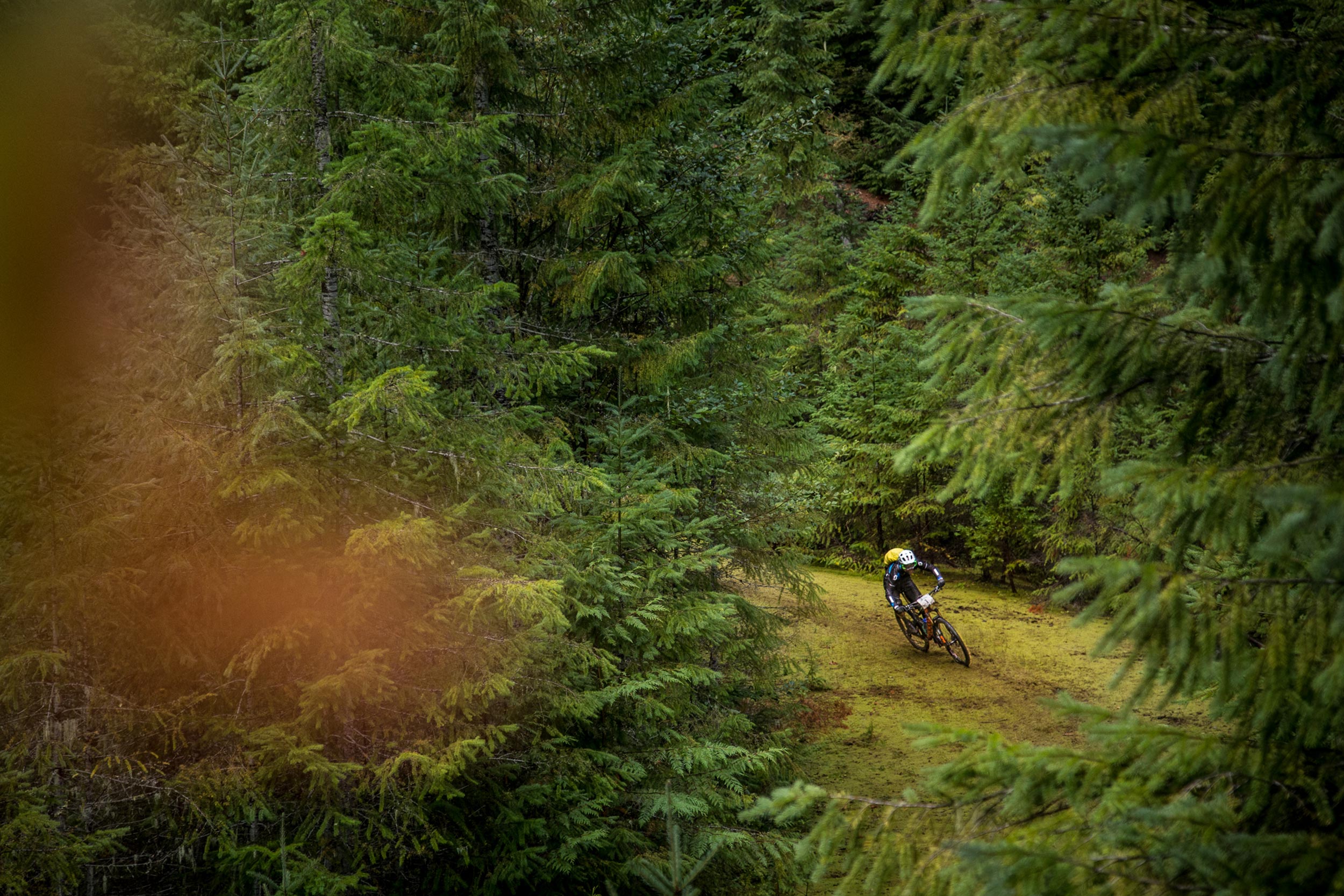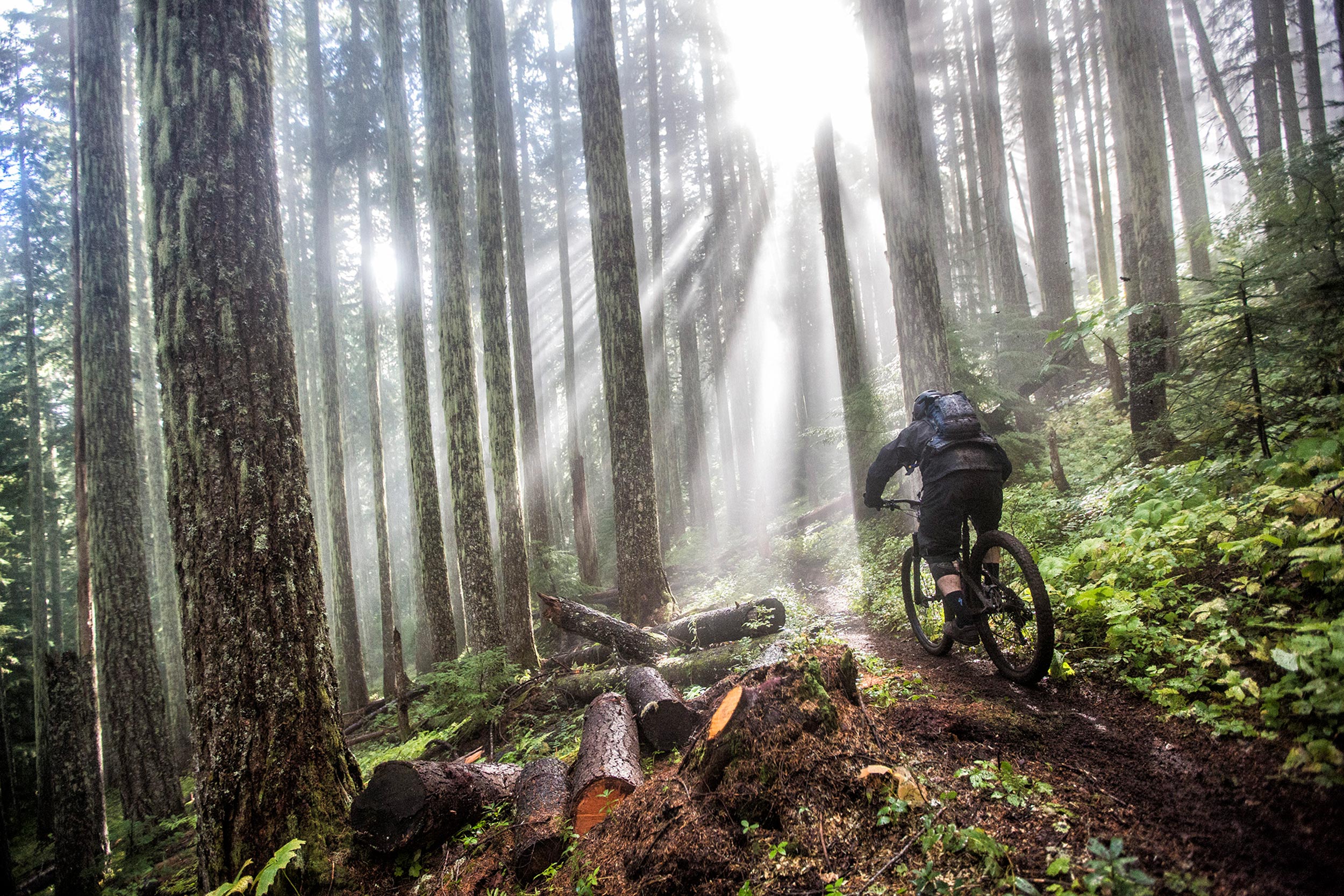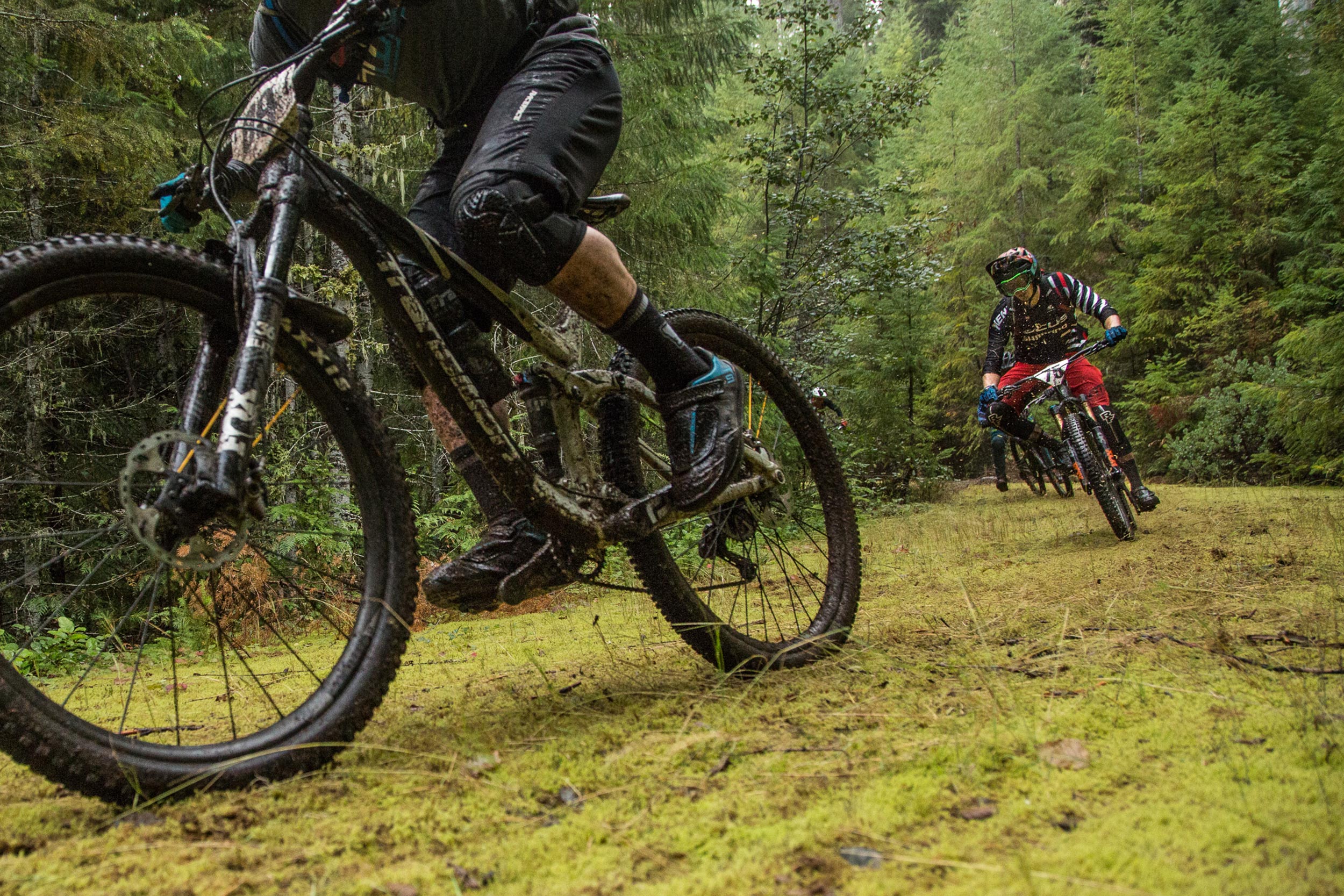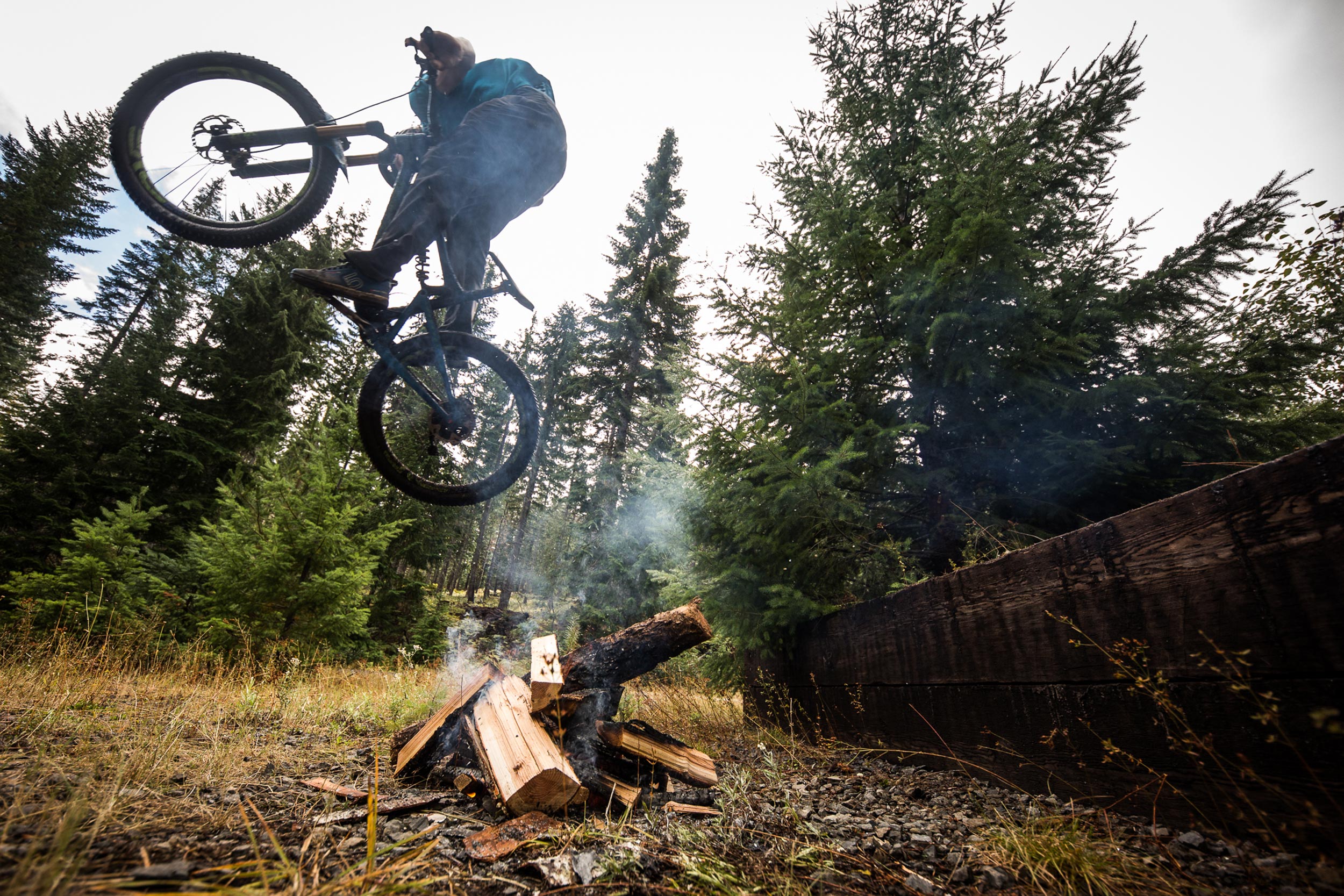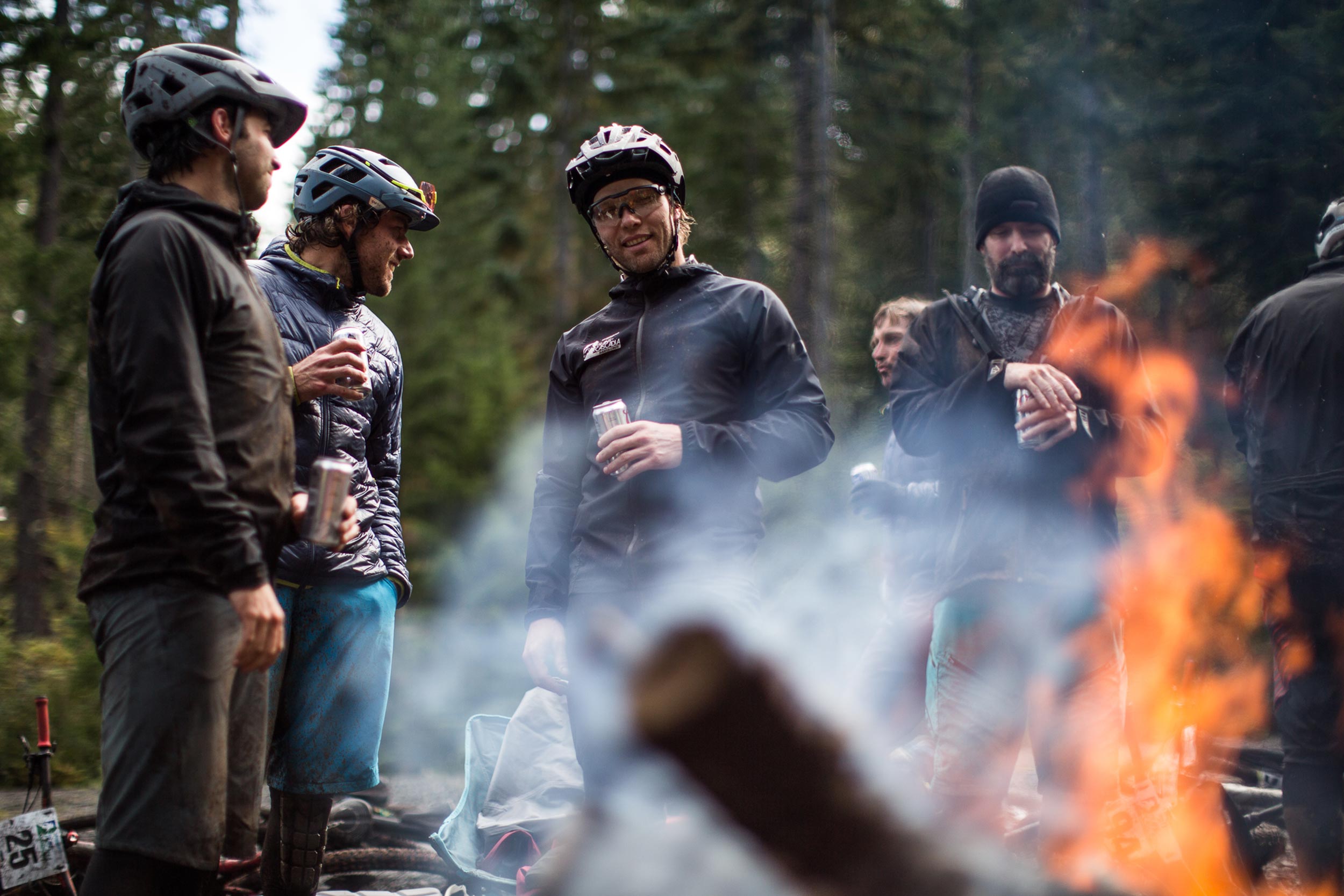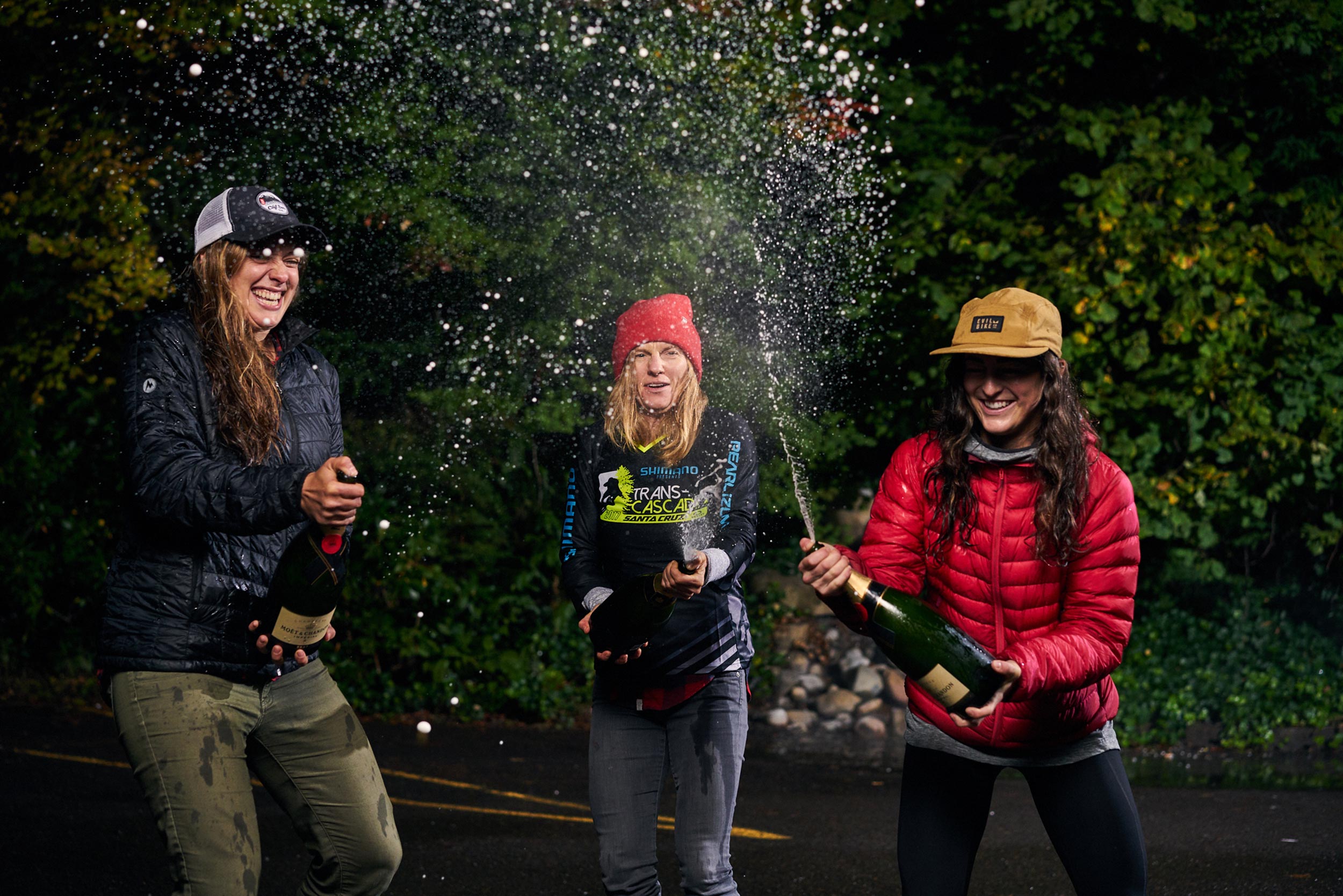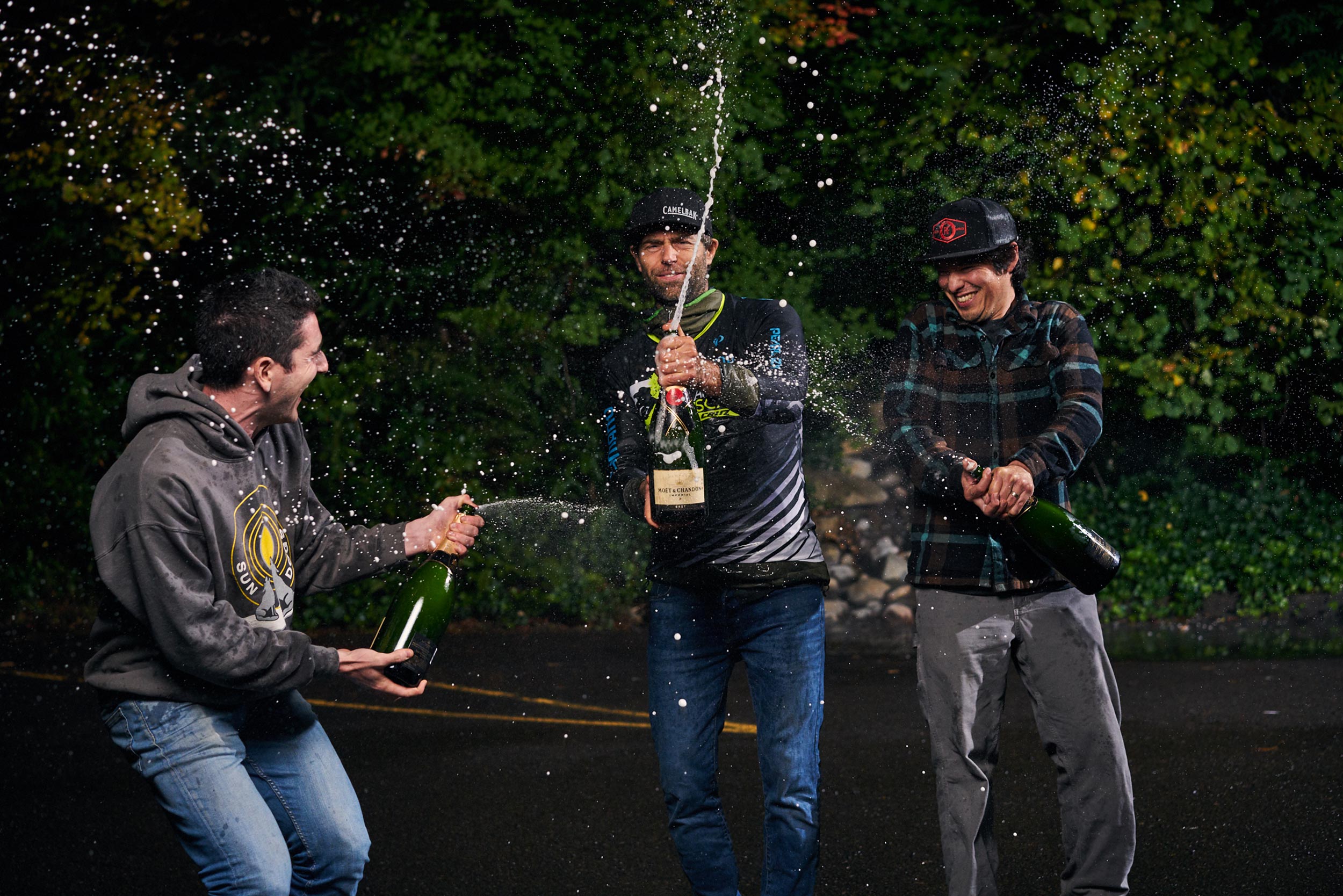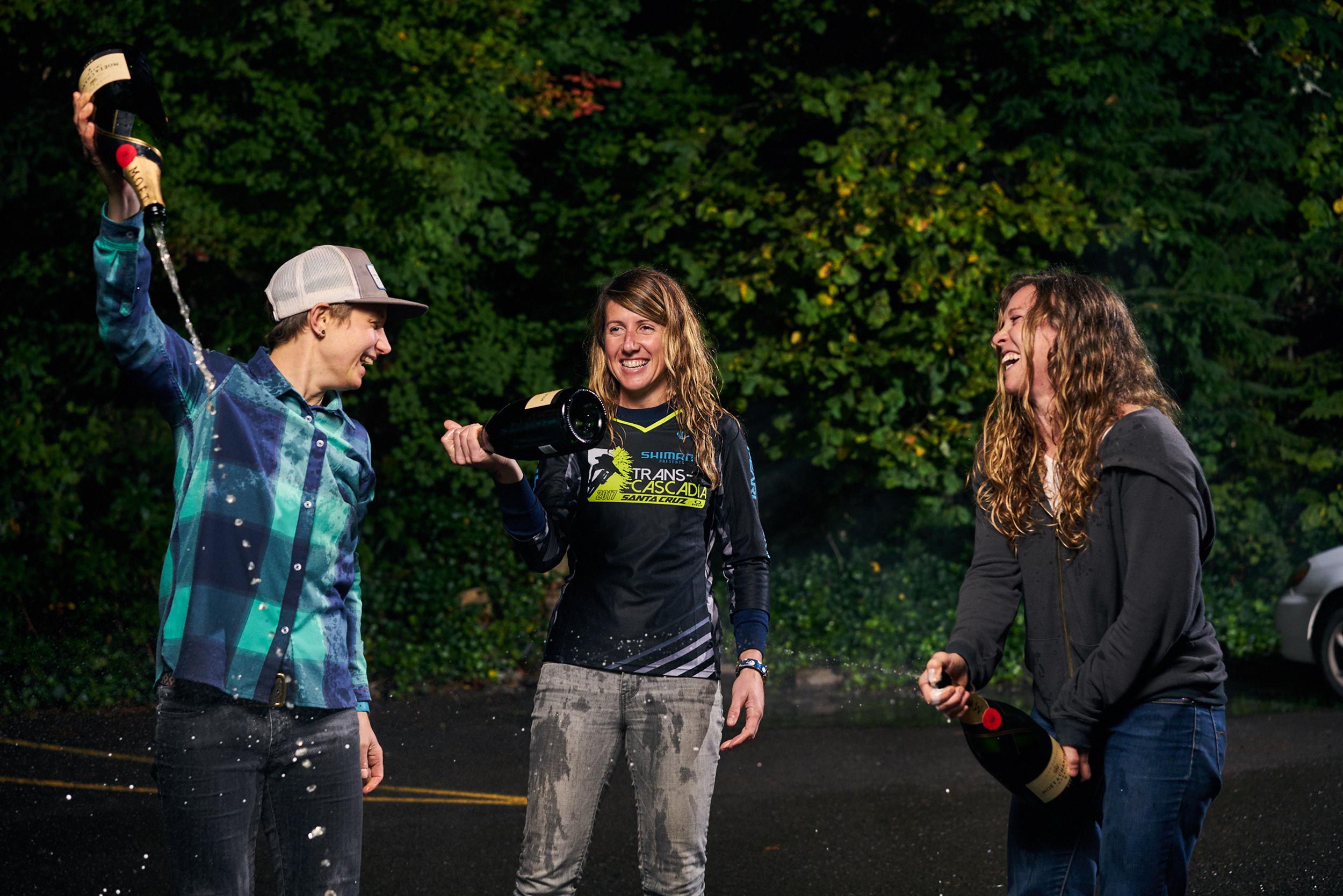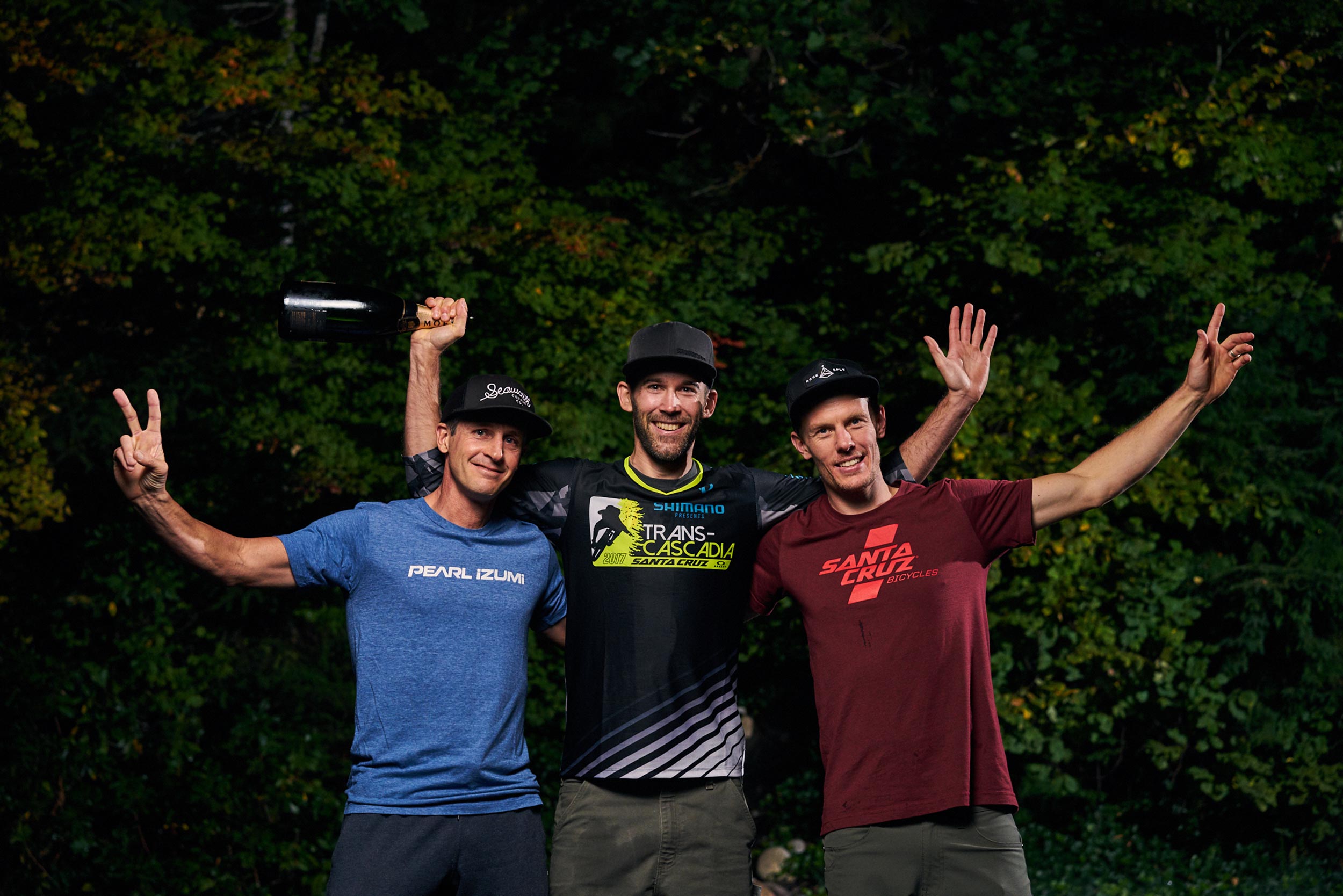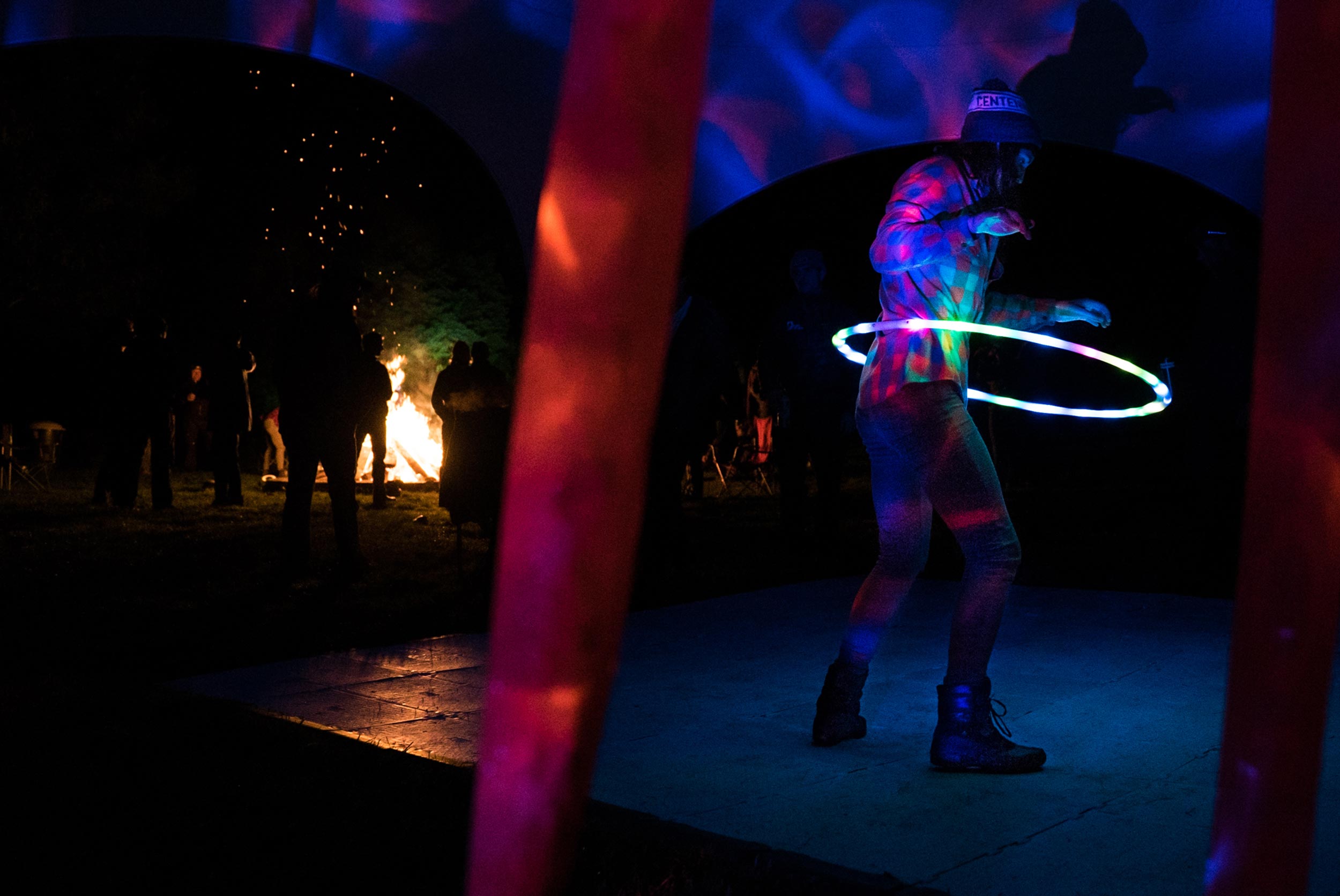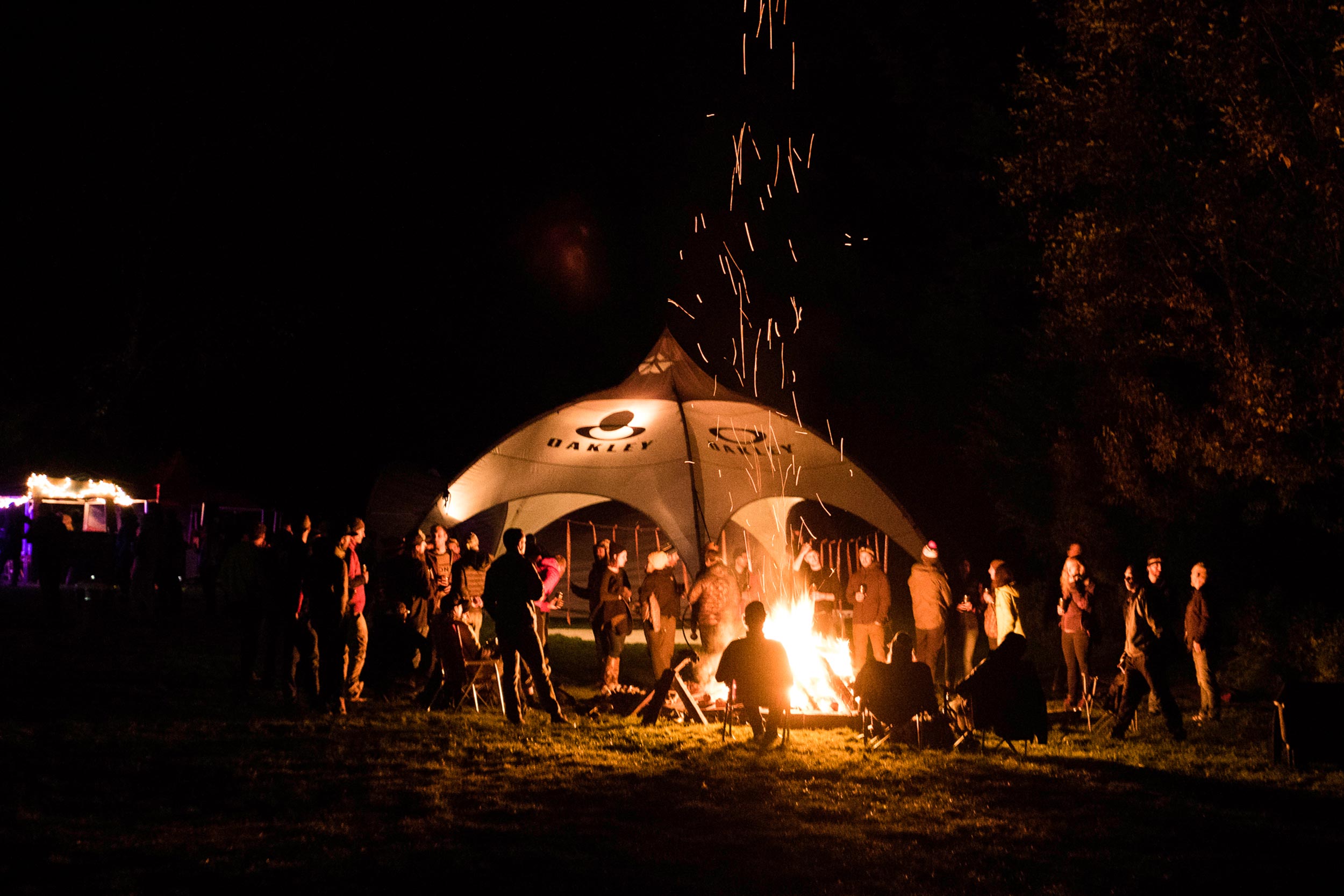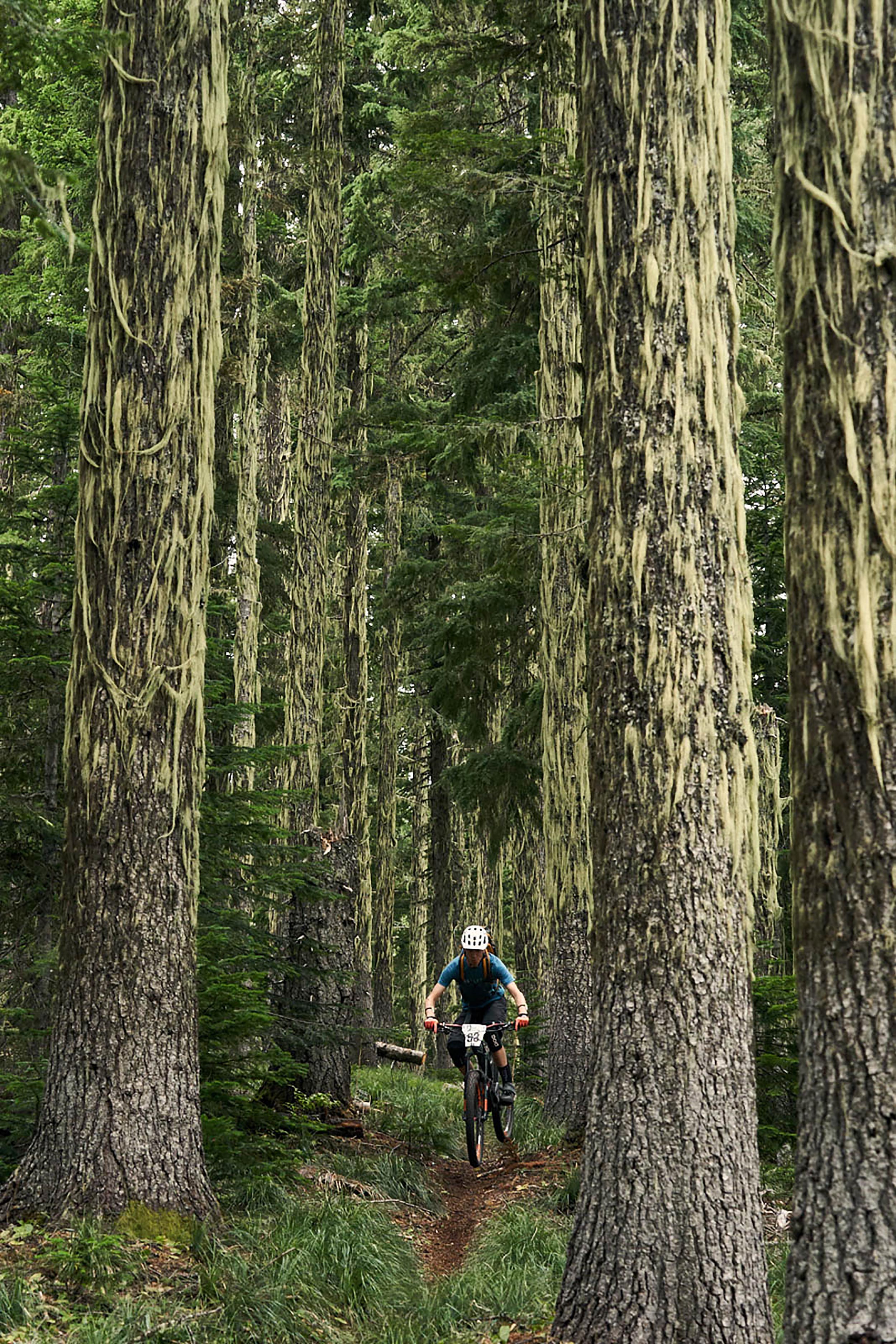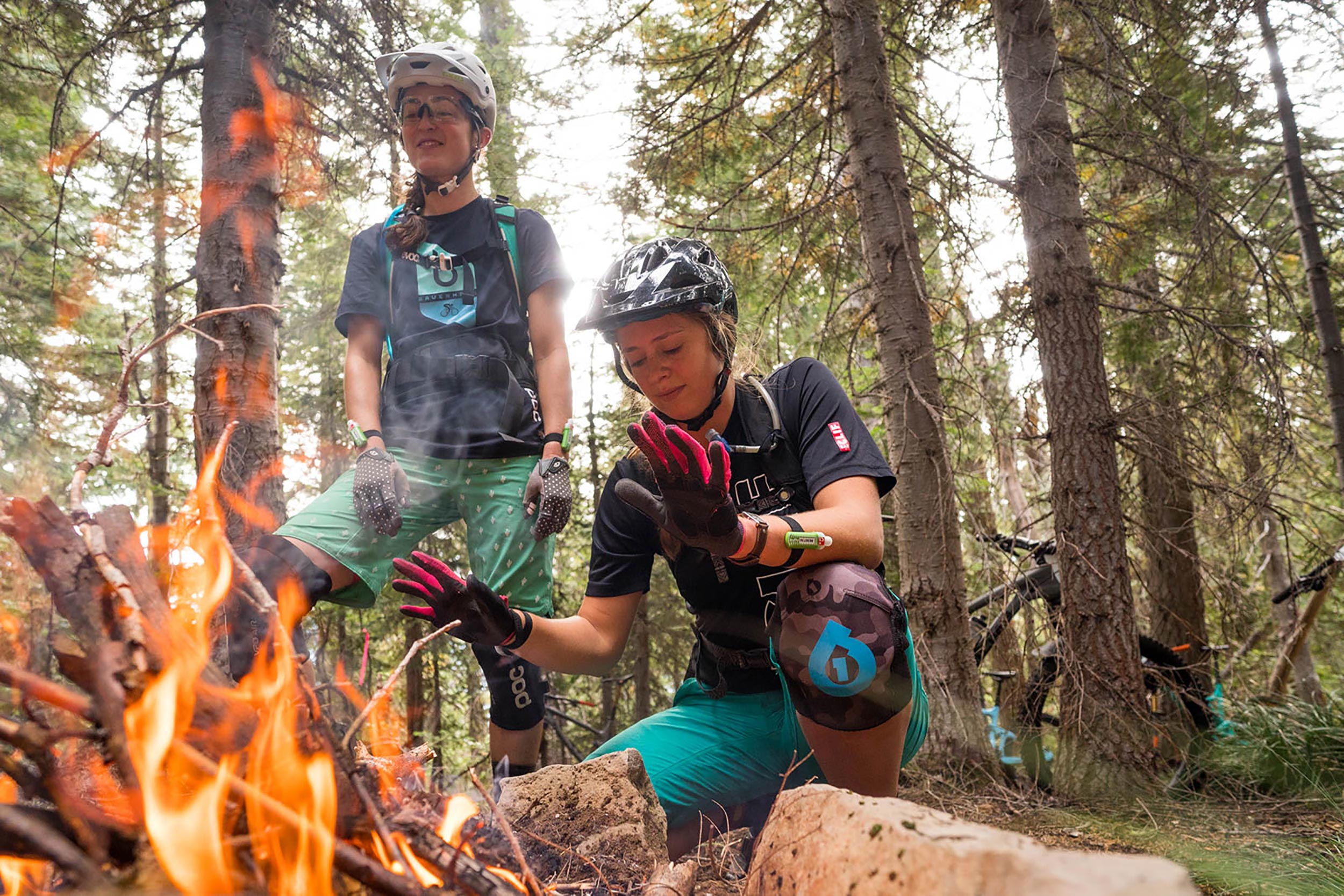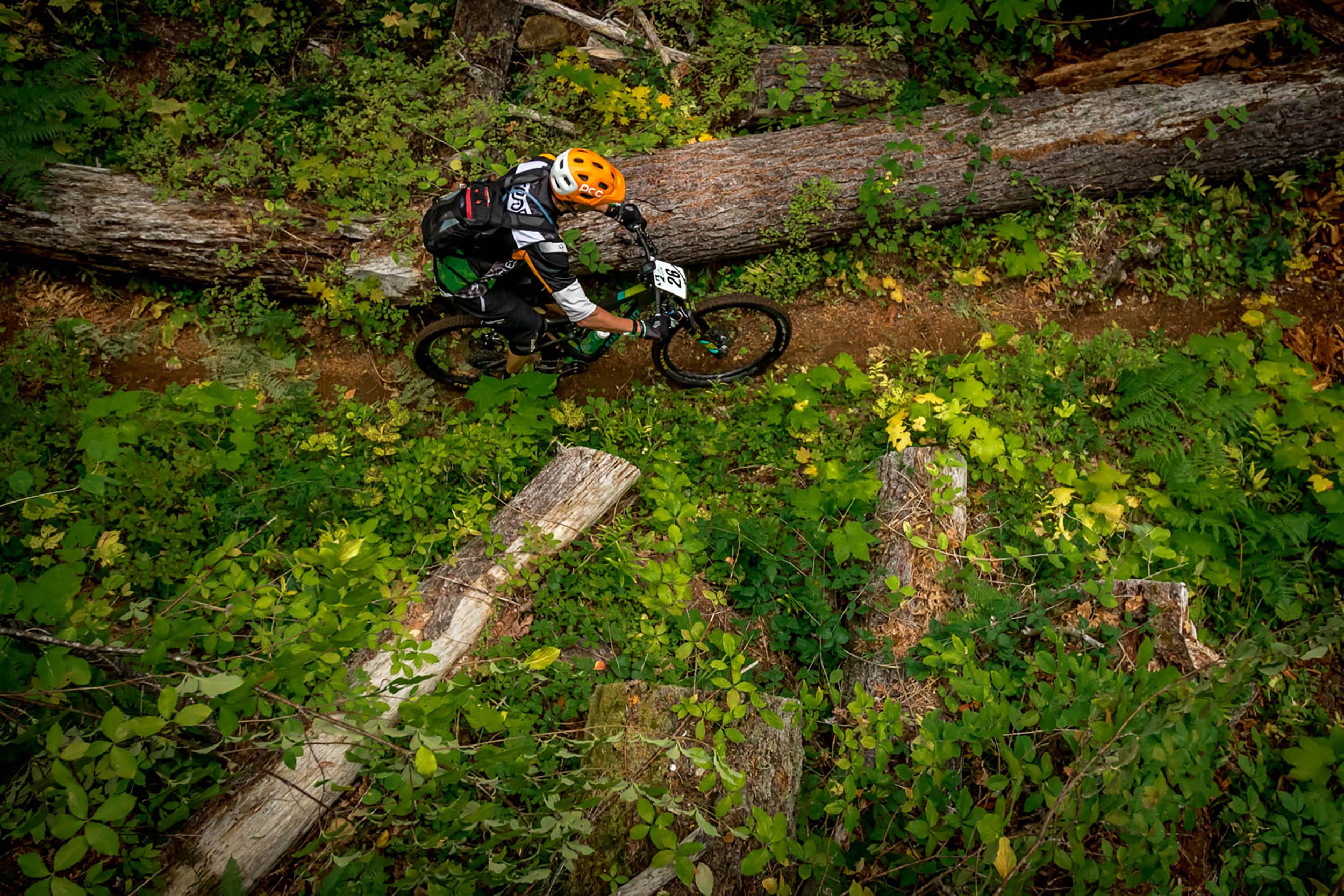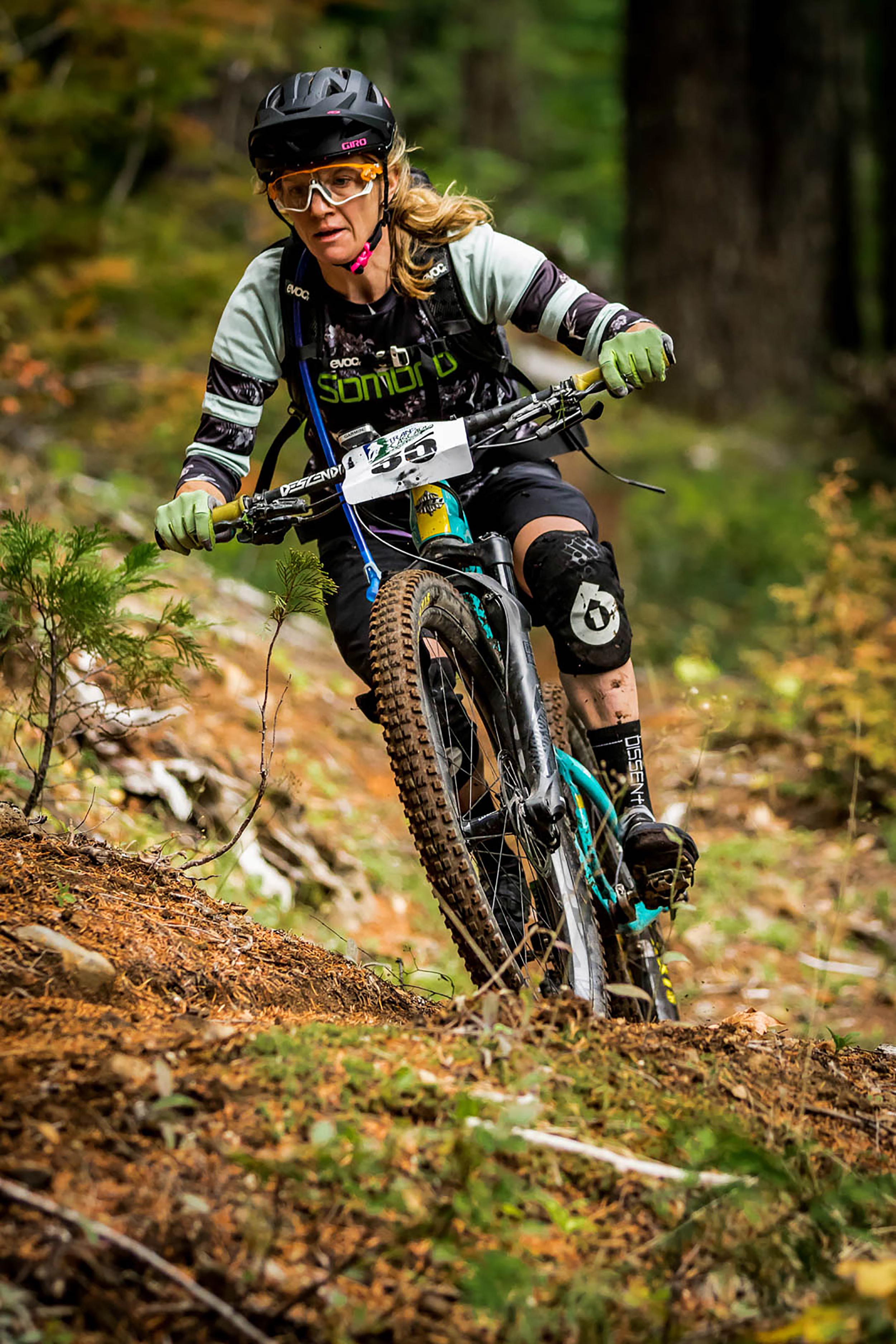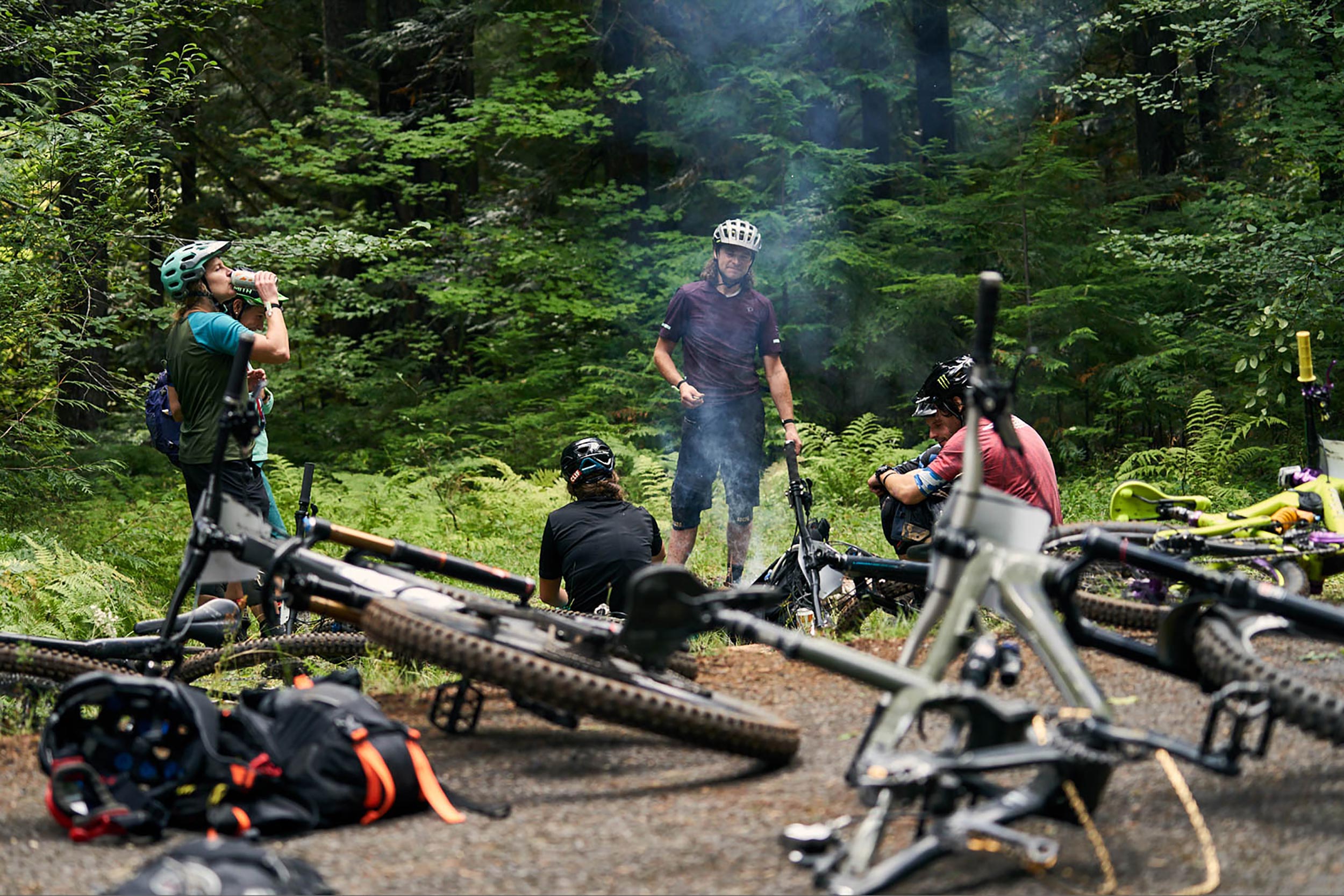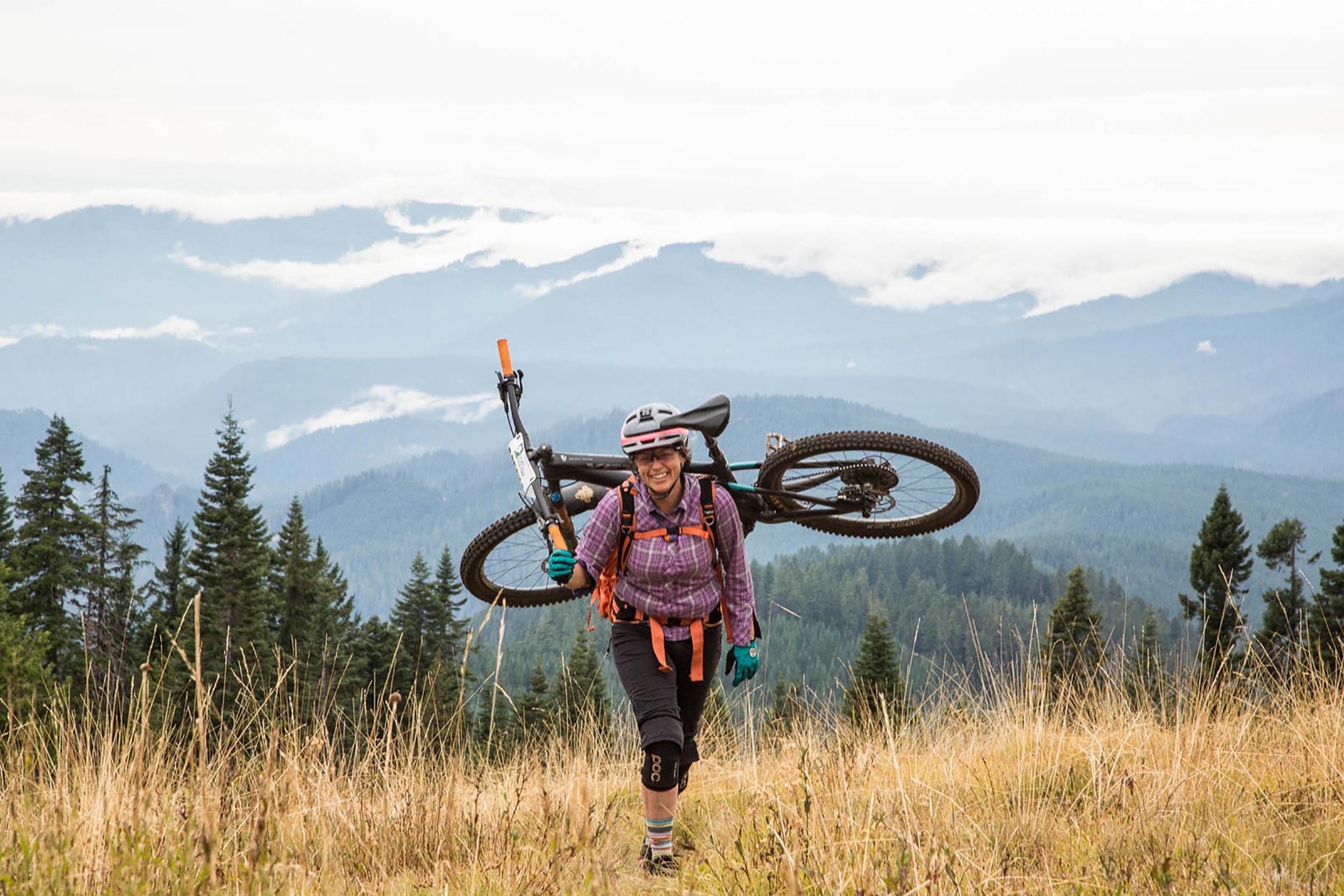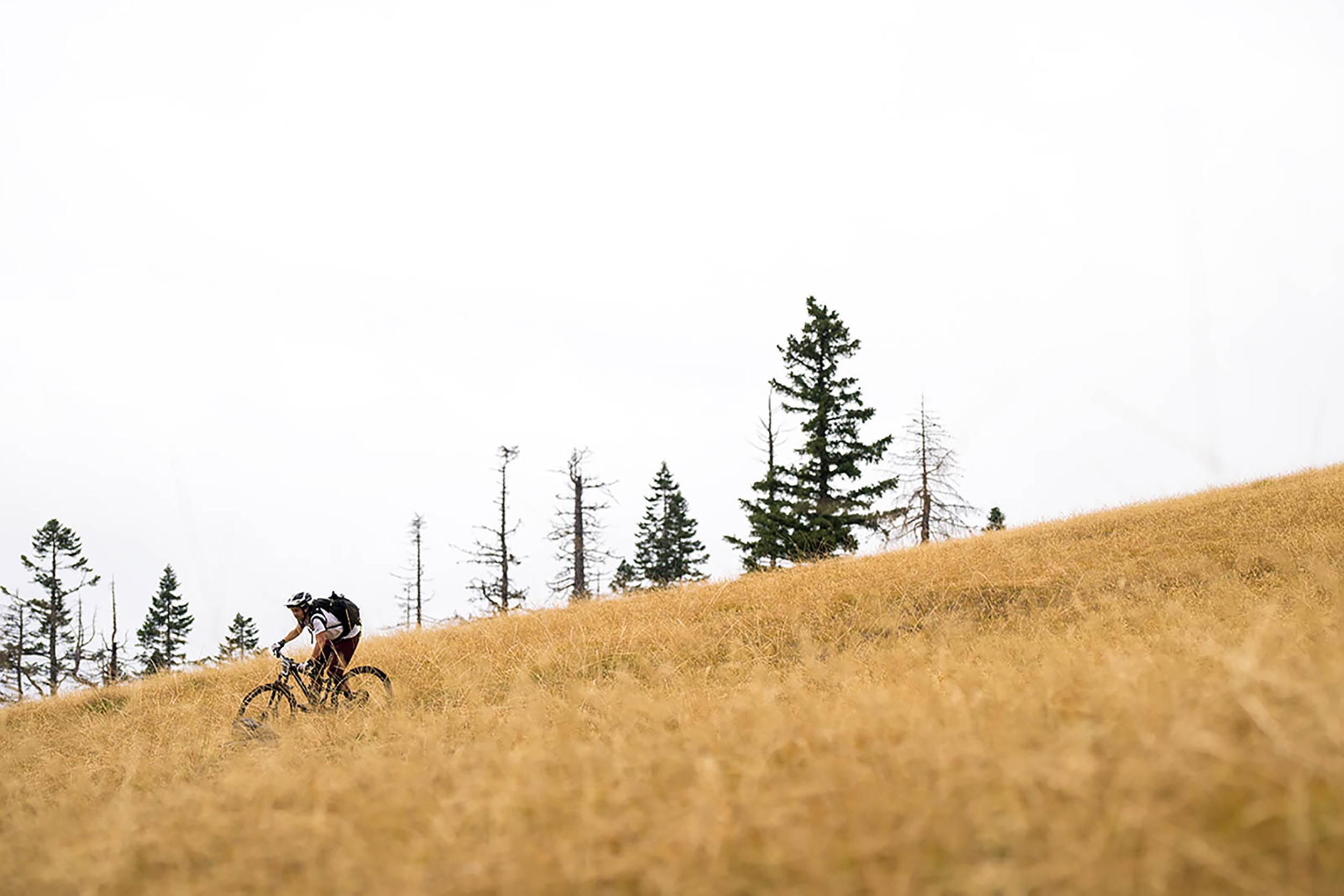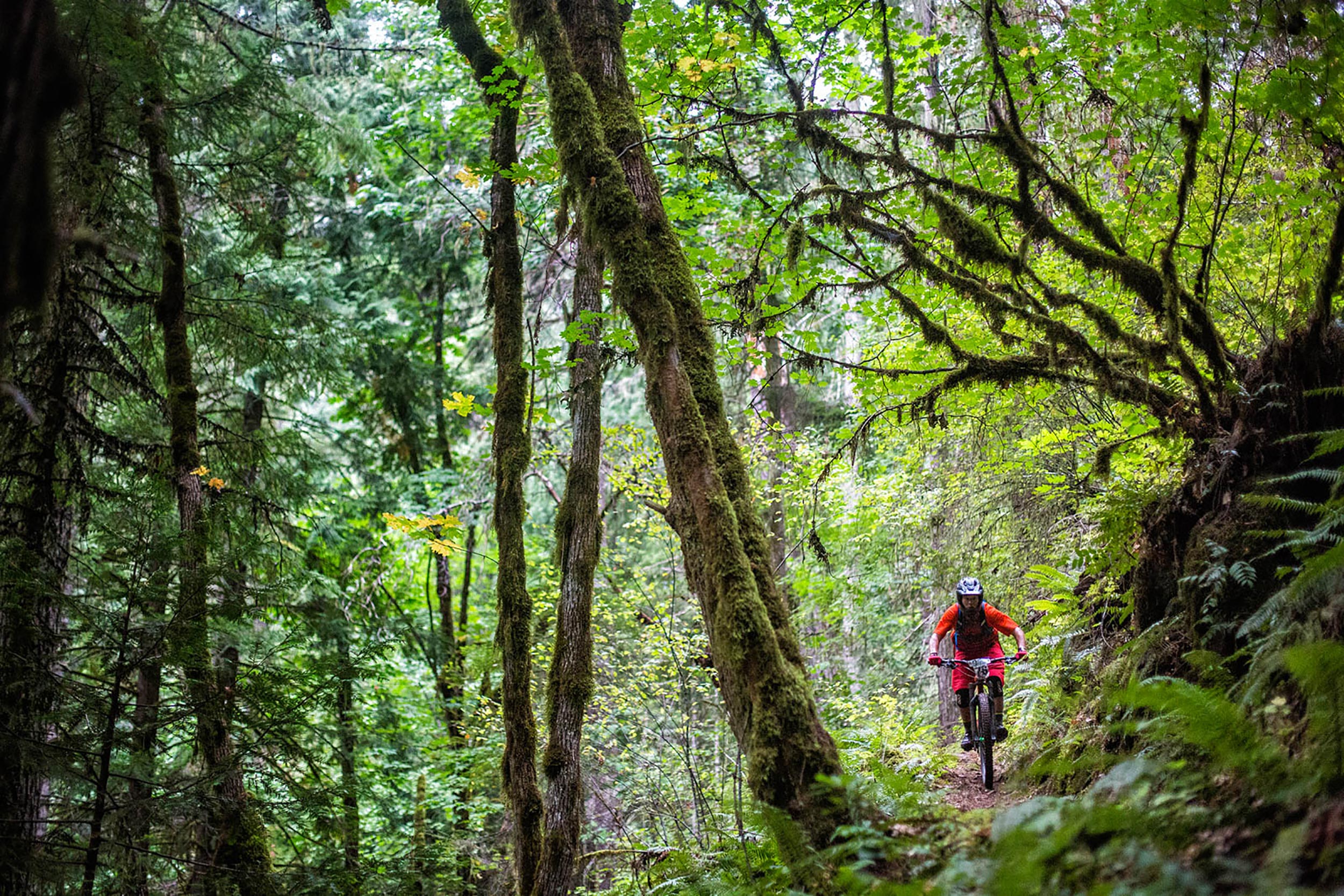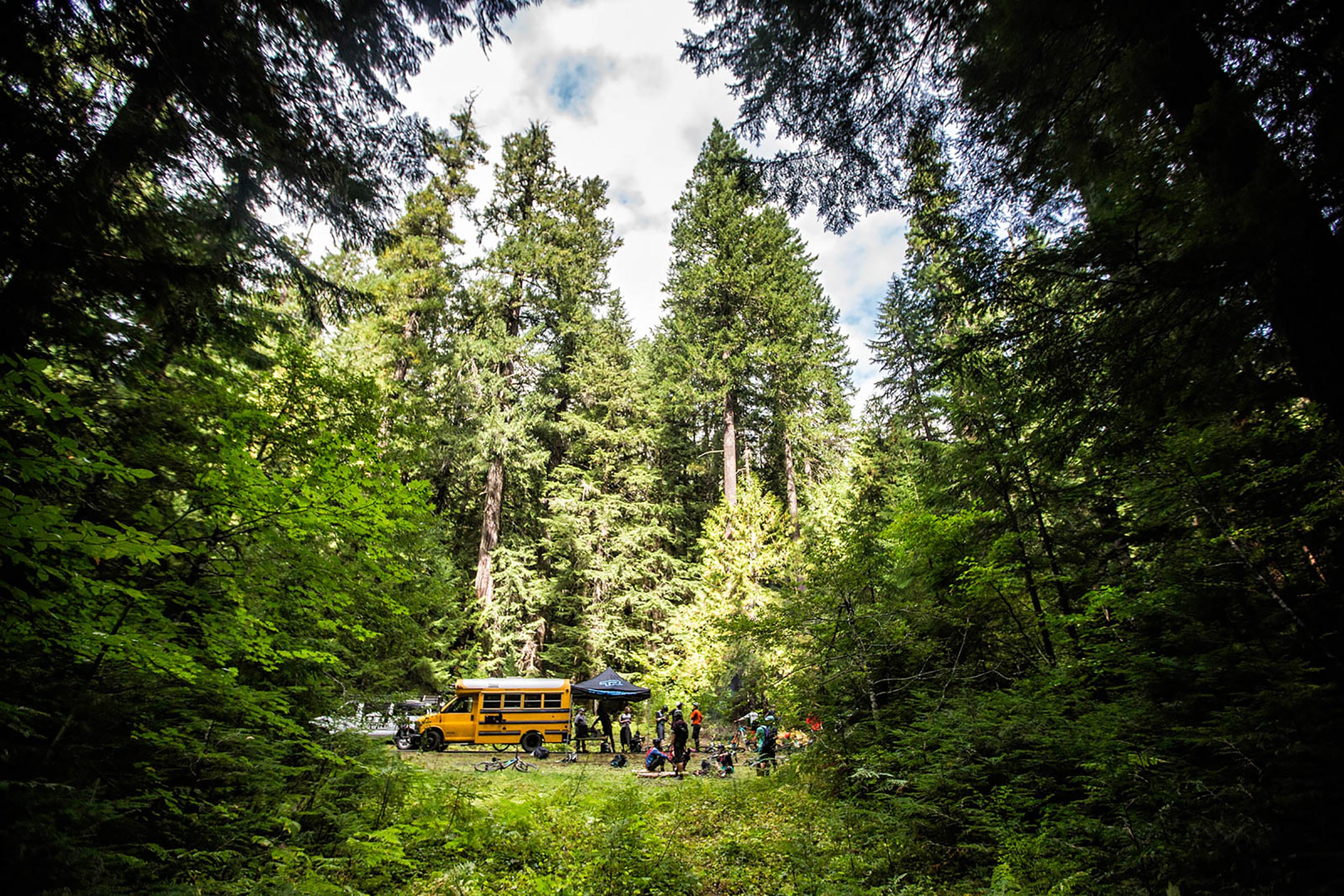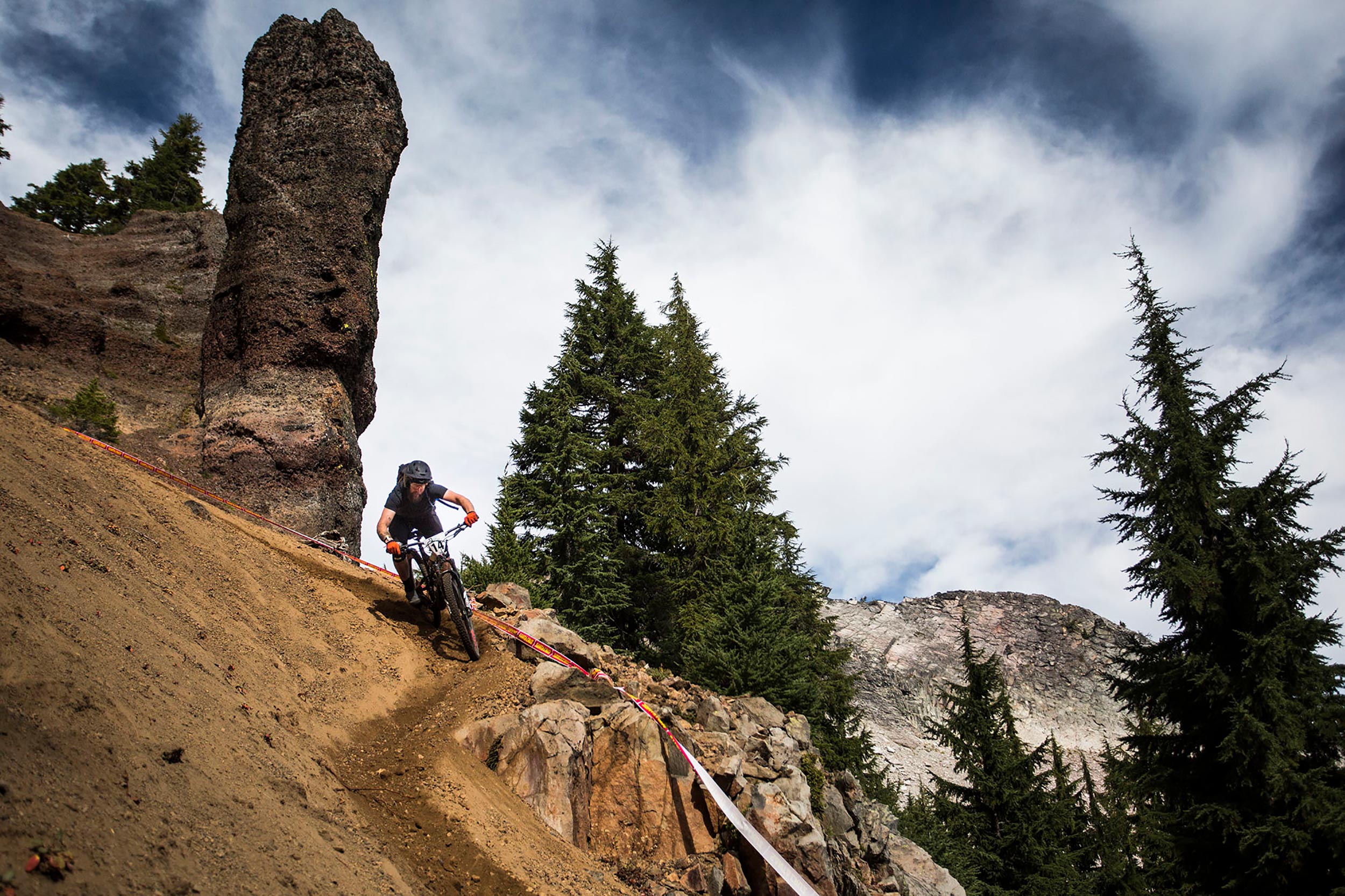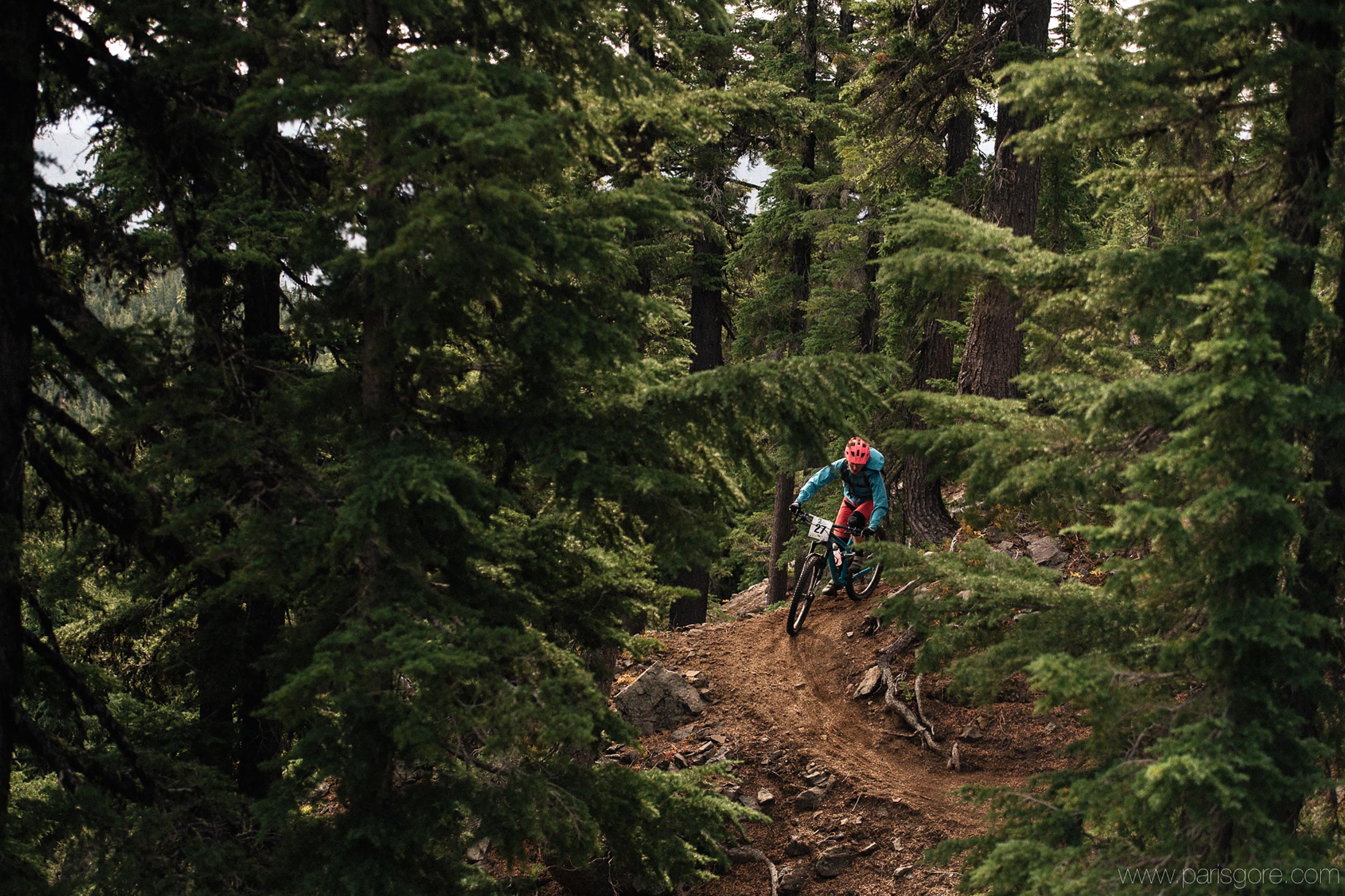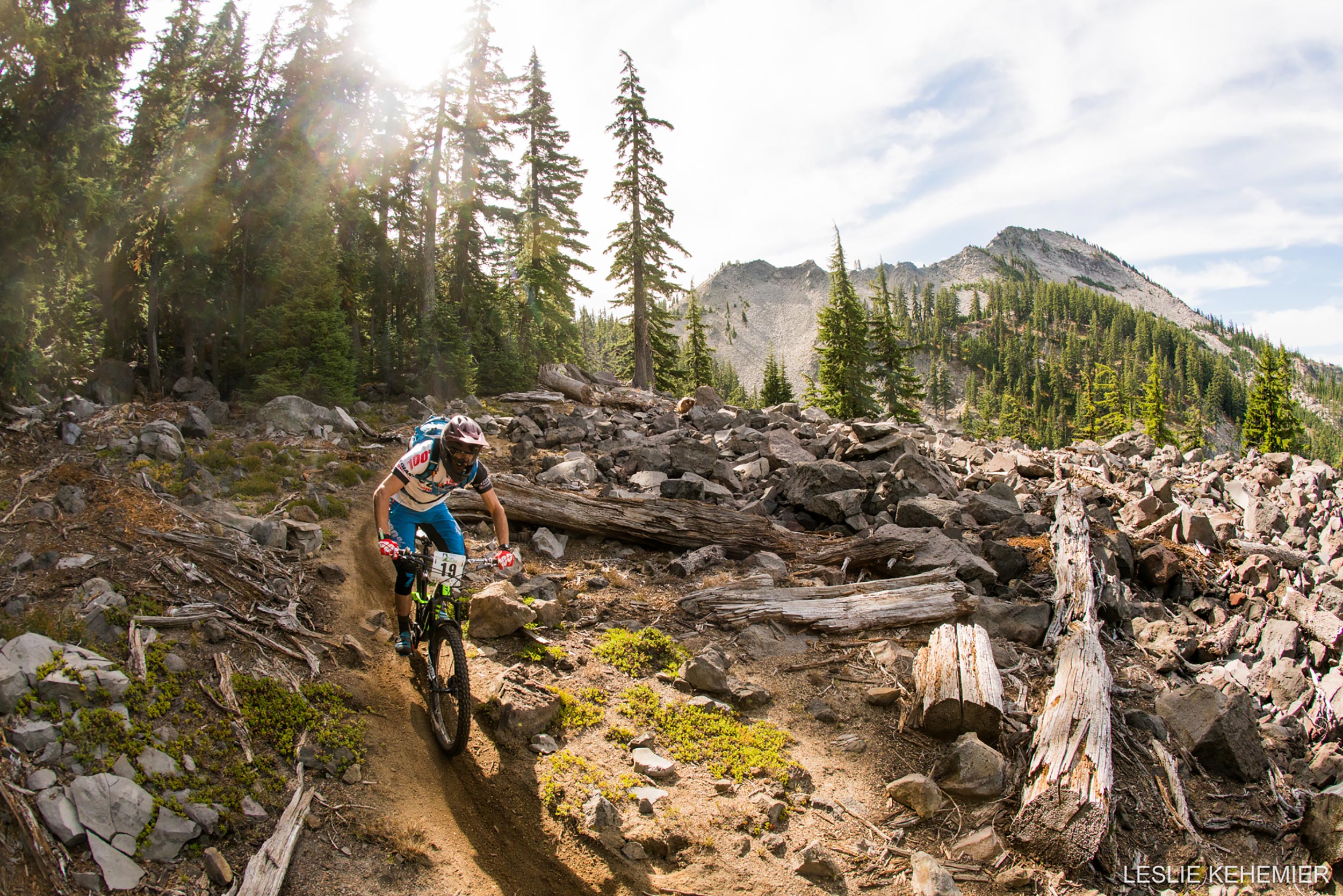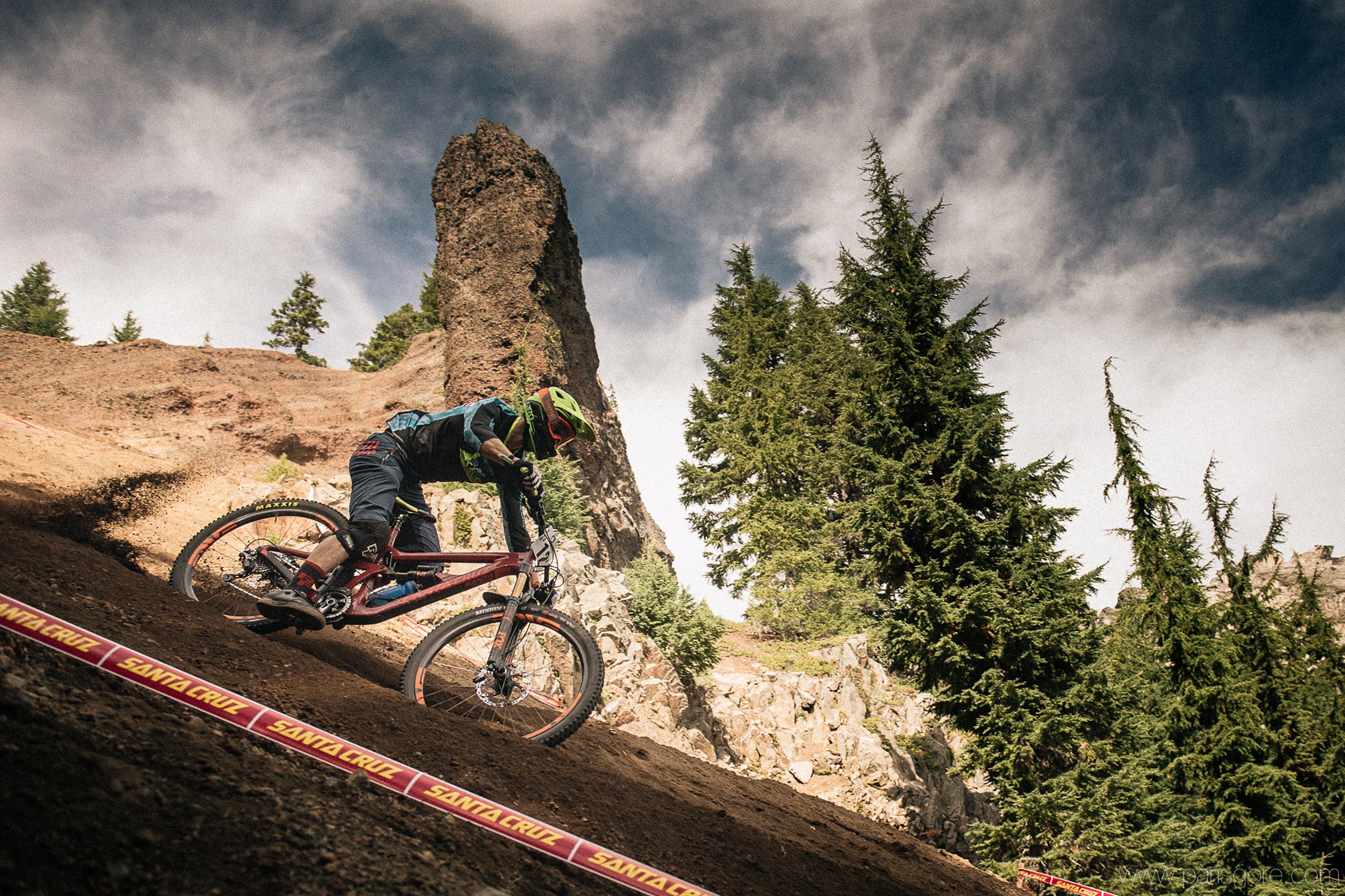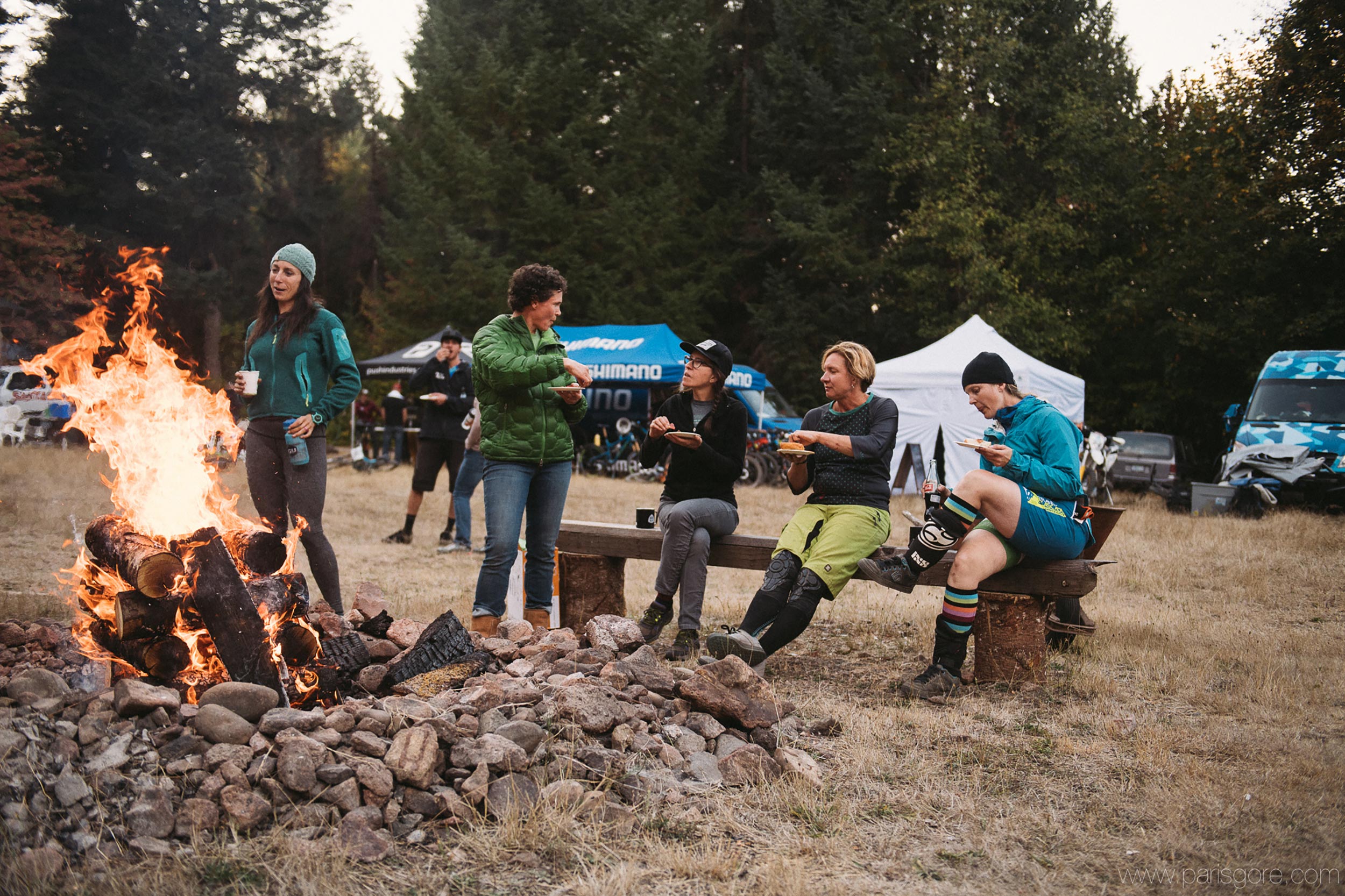
NEWS
Join Us for Our 2018 Work Parties
Prior to the race, we are hosting three summer work parties to put in some long hours rehabilitating some old-school trails in Washington and a project in the Old Cascades Crest, the area we re-opened last year.
If you sign up in advance, we’ll provide food and drinks to keep everyone fuelled.
Our goal is to find trails that are unmaintained and unridable, and rehabilitate them back to riding standards. Last year, with the help of a great crew and 2000+ hours applied, we revitalized 32 miles of trails in the Old Cascade Crest. We got them ready for the race and for future generations to enjoy.
Our work weekends are open to everyone, no trail building experience necessary. To make sure everyone is on the same page, we’ll provide trail building etiquette and skills education on day one of each event. We are also looking for folks that are chainsaw certified, those who can run a power brusher, and volunteers with dirt bikes or e-bikes.
Pack your tools, your tent and your bike.
Check your calendars: these parties will run over 4-day weekends in the summer. Joins us for one, or all three.
#1 July 12- 15
#2 July 26 - 29
#3 August 9 - 12
If you're interested in joining us:
Sign Up Here
PRESS RELEASE: Trans-Cascadia Announces 2018 Dates!
Trans-Cascadia – a five-day all-inclusive backcountry blind enduro race – returns to the Pacific North West from September 26 to October 1, 2018.
The race uses existing and reclaimed, mostly primitive, singletrack to allow participants to experience the most incredible wilderness this area of the world has to offer. Accessed by both shuttles and pedalling, racers will tackle a mix of local favourites and lesser – sometimes unknown – gems. From steep loam tracks to rocky tech and from high mountain ridges and alpine meadows to the shade of old-growth canopies, as racers drift off to sleep in their tents each night they will be dreaming of what tomorrow will bring.
Registration will open on February 1, 2018 at 9am PST. Out of respect for the pristine environment that hosts the event, only 100 spots are available. This race has sold out every year since it began three years ago, so don’t miss out! Browse the website for more details on how to register.
"It [was] refreshing to see a course, and all these courses, that no one has ridden, so the whole vibe of the event is different because no one knows where they are going. It makes everyone friendlier and all the transfers more friendly, they talk about the riding more." - Mark Weir
Each participant will be provided with their own solo tent and sleeping pad – set up for them at each basecamp, a reusable camp plate, utensils, and cup to lessen the impact on the environment, and more – new for 2018 – swag! Gourmet breakfast, lunch, and dinner will be provided daily by a hand-selected team of top chefs from Portland – each showcasing their own specialty nightly. The bar will be open and serving beer and cocktails nightly as racers from around the world socialize around the campfire like long lost friends sharing the highs and often comical lows of the day. And, once again, the men and women’s pro fields will equally share a prize purse of $16,000.
"Love! Capital L–O–V–E. It was just pure fun."
- Spencer Paxton
In honour of their commitment to true blind-racing, race maps and course details are handed out nightly – so there are no opportunities for practice runs or scouting. Organizers also plan to add some new Pacific Northwest locations to the program for 2018 – details to come. This year racers can expect 100 miles over 16 stages – don’t forget, it’s not all descending.
Each year the Trans-Cascadia team goes to work uncovering long forgotten or neglected sections of trail that open up access to backcountry riding and link existing trail networks together in the areas they visit. The trails are used in the event, but are also left as a legacy for the locals and visitors to continue enjoying. In order to make this happen the team works both in advocacy and trails building – working with local authorities and builders. Since 2015 the team has opened up 52 miles of trails and contributed over $60,000 dollars and over 6000 labor hours to make it all happen.
"The only thing I’m upset about is that I didn’t come here sooner because that was so unbelievable." - Joe Lawwill
As a part of this program, in 2016, they introduced the Trans-Cascadia Work Parties. During these 4-day work events – three formal parties held each summer – the team, along with volunteers and sponsors, have gotten together to contribute hard work and long hours to uncovering some of these long-forgotten sections of trail. One example – of many – is the first stage of Day 2 during last year’s event when racers tackled Grasshopper. It was an eight-mile traverse through alpine meadows and along a ridgeline that included 3,907 feet of descending. It took the team two years (In collaboration with some really strong locals and the USFS lead by Kevin Rowell) to uncover trails that had been mostly unused since the 1950’s.
“It started with a major log-out effort; there were hundreds of trees down across that trail. The trail kind of needed to be moved around some trees that couldn’t be cut out of the way, but for the most part the tread was intact and the trail was pretty healthy, it just needed to be uncovered,” explained Adam Craig. After clearing the logs, the first year, the crew went back in and had to find their way through the meadows to the next trail entrance because it had been completely obscured. “We recut tread in a couple of meadows to address some erosion issues, but for the most part you’re just riding through the meadows following flagging tape – and it’s amazing, it’s beautiful up there!”
Accommodations, food, and good times are included in these weekends – so if you’re interested in receiving more information about participating, sign up here.
For more a more detailed account of a Work Party weekend, check this article by Allan Cooke.
"Unreal! Grasshopper was a pretty amazing trail. I didn’t really know what to expect, it was just an incredible piece of singletrack. Super fast, stunning fall colours, amazing forests – sort of a mind-blowing trail actually." - Dylan Wolskey
If you’re looking for more information on the race, please browse the website or check out some of the 2017 race reports listed below. Mark your calendars – it’s going to be a good one!
Mark Your Calendars!
The 2018 Trans-Cascadia Race Dates:
September 26 - October 1
Registration Opens:
9 AM PST, February 1
The forth annual Trans-Cascadia will once again be held in the Oregon backcountry. Check back here February 1st to reserve your spot. We're looking forward to showing you some of the best single track in the PNW!
2017 Race Report // Day 4
Racers boarded the shuttles this morning knowing that they would be hitting elevations of around 5200 feet on today’s stages and that the freezing line was sitting only 400 feet above that – you had to have a strong layering game to survive!
“They saved the best until last, it was amazing! It was the best day I think.” Chris Johnston, who has worn the leader jersey all week, was still washing the loam off his bike. “The climb was so worth it. I think the weather made it kind of tough, but just going through those old growth forests it was super rad! Scar Mountain was surreal!” Racers experienced nearly every type of weather at they rode along the most exposed ridge of the race on Scar Mountain. The transfer took them to the start of Stage 13; a short, roughly 2 minutes long stage that was described as ‘just a bit of a warm-up’ before the gem of the day on Stage 14. “Stage 1 was pretty tough. Even though it was only a few minutes long – I thought we were in for a smooth warm up – but it was anything but. It was a really tough two minutes.” On his tight race over the last few days with Kabush, Chris said, “I was stoked to have a good day. I rode well and gave it everything I had, so however it goes now I’m stoked either way.”
Gordon Peak trail was a serious project to uncover. It wasn’t even legal to access last year. The team dug way back in the archives for some maps of the area from the 1980’s so that they could identify access points and then worked with the Ranger last August for a walk through. After being granted permission for use, the team cut out over 400 trees. The trail is scrappy and primitive, but pure delight as the mossy singletrack drops you down towards Pyramid Creek.
“Today started out with hula hooping on the most beautiful river and then climbing up a misty mountain; there were mossy trees, snow, rain, sleet, descending the slipperiest, loamiest corners, and then open meadows, changing weather, wind, more rain, more hail, everything.” Skye Schillhammer is a videographer for Transition Bikes and also contributed footage to our daily race videos. “And then angel boners of light through the forest and then loam until you hit the bottom.”
Stage 15 continues your descent to the creek where racers forded the freezing cold waters and climb back up one of the trails they rode down yesterday, to meet the shuttles.
Magnificent is just one of the words that has been used to describe the final stage of the 2017 Trans-Cascadia race. Stage 16 has it all – fall line off the top, meadows, high speed bench-cut, and sightlines that go one forever! The stage is 2.6 miles of one solid shot down and 1,984 feet of descending.
“The last day was so good!” Kathy Pruitt, winner of the Pro Women’s category, said while holding a bottle of whiskey. “The trail that we ended on what exactly where I wanted to be because it was that old-growth-tree-mossy stuff, that epic-adventure-I’m-living-life-out-here-in-the-woods kind of thing. And it was wet and didn’t snow, so that was cool. I definitely liked that last stage. I was stoked that we made it all the way up that last climb because when I got up there I was pretty out of it, like lightheaded tired, I was like ‘wow, I’m more tired that I thought I was.’ And then that descent through all that beautiful terrain was so cool! It was best to fly through all those trees and rocks and stuff doing turns!”
The total numbers for today’s stage were 12.6 miles of riding, 5,371 feet of descending, and 969 feet of climbing.
After dinner the overall podiums were called – no one, not even Geoff or Chris, knew who would take the Pro Men’s win, but with a 28 second lead pulled in on the final day, Geoff Kabush walked away with the top step for one more year!
For the Trans-Cascadia team, Day 4 is always a little bittersweet; it’s the end of a long year of work – or three years for some of the trails – but there are always a lot of smiling faces and stoked people and that’s what it’s all about!
Rachel Walker attend the first Trans-Cascadia two years ago and she summed up this year – “when we arrived I was like ‘wow, it’s grown, like properly grown.’ The first year we rocked up to this secret little camping spot and it was like ‘wow, we’re really here?’ and it was just you in the middle of nowhere, no phone signal or anything, it was like a real close-knit community. Somehow they’ve managed to retain that vibe, just on a little bit of bigger scale now. It’s cool, really good!”
Thinking about coming out for the 2018 Trans-Cascadia? Look for registration opening in February – and for a few surprises throughout the year!
2017 Race Report // Day 2
Day 2 was a long day that saw racers up at the crack of dawn – maybe a few rolled out of their tents a little later – and settling into their new basecamp at Belknap Hot Springs after dark.
They awoke to dreary skies this morning and were just about loaded on the shuttle buses before the first drops of rain fell.
The first stage of the day took them to into the true wilderness on Grasshopper; an 8-mile traverse through alpine meadows and along a ridgeline (described at the racer meeting as ‘the longest 8 miles of your life.’) This is followed by a rugged ride off the ridge and a creek-side neutral climb before finishing on Box Canyon Trail for a total of 3907 feet of descending.
This is somewhat of a special stage for Trans-Cascadia in that the team has spent three years working on uncovering it. Originally the area was a trade route for Native Americans who used controlled burns along the ridgelines to keep the meadows open as they travelled from the high summer grasslands down to the valley for winters. In the late 1920’s and early 1930’s the Civilian Conservation Core (CCC) built trails as part of their labour creation program after the Great Depression. “These trails became the only way for people to get around these mountains until the ‘50s when mechanized logging really became profitable,” explains Adam Craig who spent many days over the last few years on the Trans-Cascadia work crew. The trail had been all but forgotten when the project to uncover it began. “It started with a major log-out effort; there were hundreds of trees down across that trail. The trail kind of needed to be moved around some trees that couldn’t be cut out of the way, but for the most part the tread was intact and the trail was pretty healthy, it just needed to be uncovered.” After clearing the logs the first year, the crew went back in and had to find their way through the meadows to the next trail entrance because the tread was completely gone in this area. “We recut tread in a couple of meadows to address some erosion issues, but for the most part you’re just riding through the meadows following flagging tape — and it’s amazing, it’s beautiful up there!”
Alex Gardner, one of the Event Directors, expressed why working on this trail project was so important to the event – “The Forest Service, Derrick Bell and Kevin Rowell, talked to us about Grasshopper and what they wanted to get done – you could see in their eyes how dear it was to them.” The amount of work that has gone into uncovering Grasshopper made today’s stage all that much sweeter for many of the people involved. “When I think about how many hours I’ve put in personally and then multiply it by all our volunteers; it’s been hundreds.” While working on the trail the team coined the phrase, ‘hella liaise’ to describe the long traverse. “That was all we would talk about when we were out there marking it or working on it. It’s such a long journey to get there and then you race down this hill and it’s worth it!”
And it was worth it – every racer finished the stage with a smile on their face! Joe Lawwill of Shimano had the unique perspective of being both on the trail crew and a racer. “It was definitely gratifying – especially the structure of the sponsors putting in the time and helping make this happen. Once I rode it through clean, it just was so amazing how different it was. Without these guys doing this, there would be so much amazing trail out there that no one would get to enjoy.”
Following this epic racers headed back into Oakridge for two more classics through the old growth. The sixth stage was on Tire Mountain; offering a backcountry feel with a large amount of narrow-tread sections this stage is deep in a drainage area which means there was a bit of a steep climb to stage seven.
The last stage of the day was Cloverpatch. Named for the lush green clover at the start of the trail, it quickly changes and becomes rocky and steep with plenty of switchbacks.
Chris Johnston managed to hold on to his lead for a second day over Geoff Kabush, which was a relief to him as he was afraid he was going to repeat history. “Last year I won the first day so I was like ‘oh man, I’ve repeated myself, I’m the target and I’ve done it, it’s the same again.’ So it’s nice to hold him back another day at least this year!”
Geoff felt like he finally found his rhythm today – even if he did drop a chain and have to scoot part of the way. “I definitely lost some time, but it was nice to see the splits with Chris; we’ve been battling and I think I clawed back a few seconds so I’m just excited it’s still a race and I’m excited to see what trails we ride in the next couple of days.
Rumour has it that tomorrow’s stages have a lot more pedalling; undoubtedly it will be an even tighter race at the end of the day.
On the women’s side of the race, Kathy Pruitt held on to her lead over Bekah Rottenberg and Ingrid Larouche. The Amateur Women saw photographer, Robin O’Neil take the lead for the second day. Her inspiration for doing the event had very little to do with competition however. “I love riding new trails and I really love our bike community, so any chance I can get to be involved, I like to be involved. And I do love being on my bike and not always behind the lens. I just love seeing new trail and riding new trail!”
For Adrienne Schofhaus, also racing in the Amateur Women’s category, this is her first enduro race ever. “I will say it really is just like riding with a bunch of your friends. What I’ve been really impressed with is that the transfer stations have felt just like backcountry riding, like I’m just out in the wilderness with my friends pedalling up and then shredding down fresh loamy trails! So it’s really been a raw, rugged experience and then you have to keep in mind that you’re actually racing and you’ve got to stay focused.”
Speaking of staying focused, for those of you wondering, Mitch Ropelato was last seen tonight saying, “I think we’re going hard tonight. I didn’t really choose it, but I got handed a few beers and called a sissy, so I was like ‘I’ll show you guys!’”
The racers have another early morning wake-up tomorrow and it’s anyone’s guess who will come away with the fabled Go-Hard jersey.
Announcing the Dream Bike Winner!
Congratulations to Paola Kendrick of Larkspur, CA for winning the Custom Santa Cruz - Shimano Dream Bike contest.
Paola also won a $3000 donation to the trail advocacy group of her choice! We caught up with Paola to tell her the good news this morning and caught her in the middle of a museum tour - hence her quiet excitement!
2016 Race Report // Day 2
Day 2 of Trans-Cascadia stretched over 18.1 miles of riding for Stages 6-11. The course sent racers backwards on the first three stages of Day 1 around Lake Timpanogas, which included some surprises; like a straight line down the scree field they hiked up yesterday. It may be the same trails but in reverse it has a different attitude, according to Lars Sternberg who raced in 2015 and is now back as a crewmember.
Day 2 of Trans-Cascadia stretched over 18.1 miles of riding for Stages 6-11. The course sent racers backwards on the first three stages of Day 1 around Lake Timpanogas, which included some surprises; like a straight line down the scree field they hiked up yesterday. It may be the same trails but in reverse it has a different attitude, according to Lars Sternberg who raced in 2015 and is now back as a crewmember.
Next racers headed out on Middle Fork from basecamp for Stage 9 before being shuttled to the top of Moon Point for Stage 10, and then up to Larison Rock for Stage 11. Lars explains the transition that the racers experienced today, “when you exit the Lake Timpanogas area you are immediately greeted with a completely different style of trail and environment. The Oakridge trails are really dry and hard packed – loose and sketchy – whereas up at the lake it’s soft soil with a lot of organic and you can do no wrong with your cornering. So these racers went from hero dirt to Middle Fork, which keeps you on your toes, not too steep, but more meandering, to the two sketchiest trails around Oakridge. But they are also the most fun and are super fast.”
The logistically heavy day made for an early morning – and a fairly quiet camp last night, despite the abundance of Steigl on tap and readily available bottles of wine from Clif Family Winery. Racers rolled out of camp starting at 8am, many shivering in the brisk fall air.
At the start line, Trans-Cascadia veteran, Mark Weir was looking forward to today’s stages, “I don’t expect too much, I expect to have a good time and to try not to slap. And maybe make a couple positions up if I can, because today is more gravity fed. And I want to have fun and get to the bar at the end!” Mark arrived this year with much less prominent facial hair than last, but he was quick to explain that the shave was due to split ends, and not for aerodynamic purposes.
By the end of Stage 10, Whitney Anderson, who’d had the lead in the Amateur Women’s field after Day 1, had firsthand knowledge of the change in terrain. She described the stage as having lots of pedalling, lots of drifting through loose stuff, some rocks, and a few stream crossings. “Today I was pushing a little too hard because I thought Amanda was hot on my heels and I took myself out – I slid out in a corner in a loose clear cut. I definitely had to take a deep breath and take it down a notch.” Whitney also discussed the challenges with this specific format of blind enduro racing, “I had no idea where I was yesterday. When you’re racing with a bunch of people you don’t know, on trails you don’t know, you have no idea where you are in the mix. It was a complete unknown. And the stages I felt worst on, were my best stages. You have to push yourself but be able to reign it in at the same time. If you’re going way too hard that’s when mistakes happen, but if you slow down too much you’re no longer racing. It’s the fine line of pushing yourself and backing off just a little bit.” She finished in third place today, behind Corey Schmid in 2nd place, and Amanda Schaper in 1st.
Barry Wicks also had some challenges with today’s change in dirt quality, “I don’t even know what happened, I was just going really fast – well, for me, fast – and I think it was changing from all the wet dirt that we were riding up high, into that dry stuff, and I was just going a little faster that I should have been. I kind of tomahawked into the trees and came to a stop with a broken off branch jabbed right into my neck, but not quite puncturing it. It would have been gnarly if it had been an inch closer.”
The evolution, or devolution, of the dirt today didn’t have any impact on Rosara Joseph’s winning streak. Tonight she was awarded her seventh straight leader jersey – and it should be noted that there have only been seven to win since Trans-Cascadia’s inception. In 2nd place in the Pro Women’s category is Kathy Pruitt, followed by Meggie Bichard in 3rd.
There was a shuffle in the Pro Men’s category with Geoff Kabush taking the lead over Chris Johnson, and new to the podiums was Peter Ostroski in 3rd. “The first couple of stages were short and hard to feel like you’re going fast, but the last two long ones felt like you could really settle in and get into a rhythm,” said Geoff about his 28 second lead over Chris on Stage 10. As a returning racer Geoff had some knowledge of the stages raced over the last two days, “I don’t remember the trails, but I kind of remember the rhythm and how long you have to keep pushing.”
Tomorrow stage is completely new to all racers, even those who raced last year. Basecamp is buzzing with speculation and anticipation, and Chris and Geoff are both looking forward to continuing their battle for the top step on some fresh – even never before ridden – trails.
